The Origins of Chess
Chess is one of the most intellectually challenging games in the world, combining deep strategic potential with infinite variations. Its origins, shrouded in mystery and wrapped in the tapestry of history, resound with tales of kings, philosophers, and battles. Understanding where, when, and by whom chess was invented enriches the appreciation for this ancient game.
Early Beginnings
Most historians agree that chess originated in northern India around the 6th century AD. Originally called Chaturanga, which in Sanskrit denotes 'having four limbs or parts' and traditionally refers to the army's four divisions – infantry, cavalry, elephantry, and chariotry. These divisions are represented by the pieces that would evolve into the modern pawn, knight, bishop, and rook, respectively.
Chaturanga’s Migration and Evolution
Chaturanga spread from India to Persia, becoming a game called Shatranj. With Islam's expansion, chess moved further into the Moorish and then the Spanish cultures. By the 10th century, it had become a part of the cultural fabric of Middle Eastern and European society, witnessing substantial evolution in both rules and pieces to resemble modern chess.
The Persian contribution to chess included the addition of the shah (king) and firzan (counselor, which would later become the queen). As the game evolved, so did the rules surrounding these pieces, eventually giving greater powers to the queen and thus accelerating the speed and strategic depth of the game.
Development of Chess in Europe
As chess made its way into Europe during the Middle Ages, it became a subject of various modifications which tailored the game to European societies. By the late 15th century, the rules had evolved substantially. In Spain, for example, the queen and bishop acquired their new abilities to move across the board in a single move, marking the transition from medieval to modern chess.
Theories and Legends
Several legends depict the invention of chess. A popular story from India speaks of a Brahmin who created the game to illustrate to a tyrannical raja the importance of each role in a kingdom, and the consequences of each unit's loss.
In Persia, a legend talks about a wise man who presented chess to a king to demonstrate how better strategies could lead to victory in battles, encapsulating the essence of the king's reliance on all his subjects, great and small.
Recognition and Continuing Evolution
Today, chess is recognized as more than just a game. It is a tool for mental development, strategic thinking, and even diplomacy. It enjoys immense popularity worldwide and continues to evolve, encompassed by digital technology and artificial intelligence, which offers new ways to engage with and analyze the game.
Conclusion
The true origins of chess are perhaps less important than the journey it has taken through history and the form it has evolved into today. From the courts of ancient kings to modern international chess tournaments, it connects people across different cultures and eras. Each adaptation and evolution of chess shares a common thread: a testament to human creativity and intellect.
Explore our large collection of luxurious chess sets!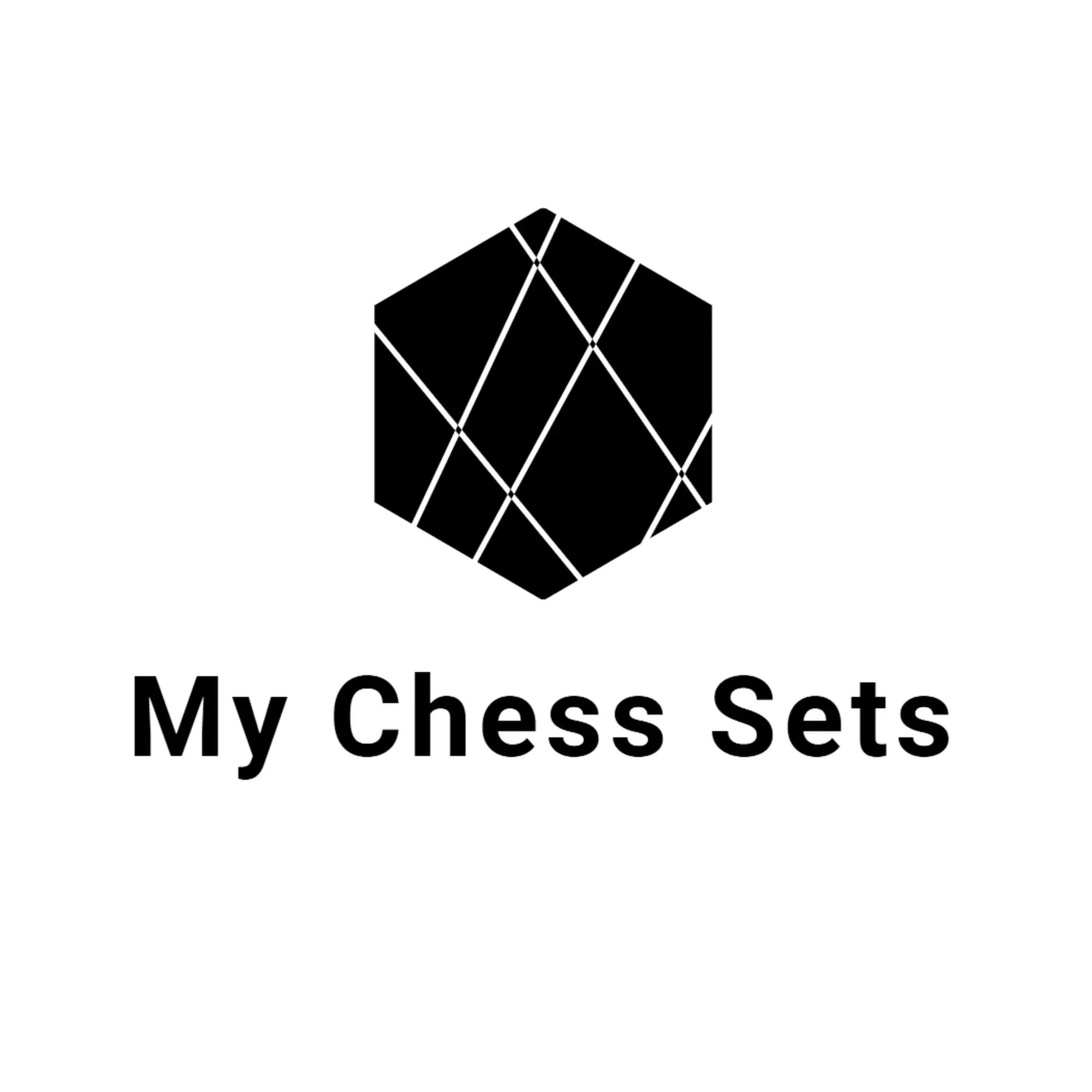
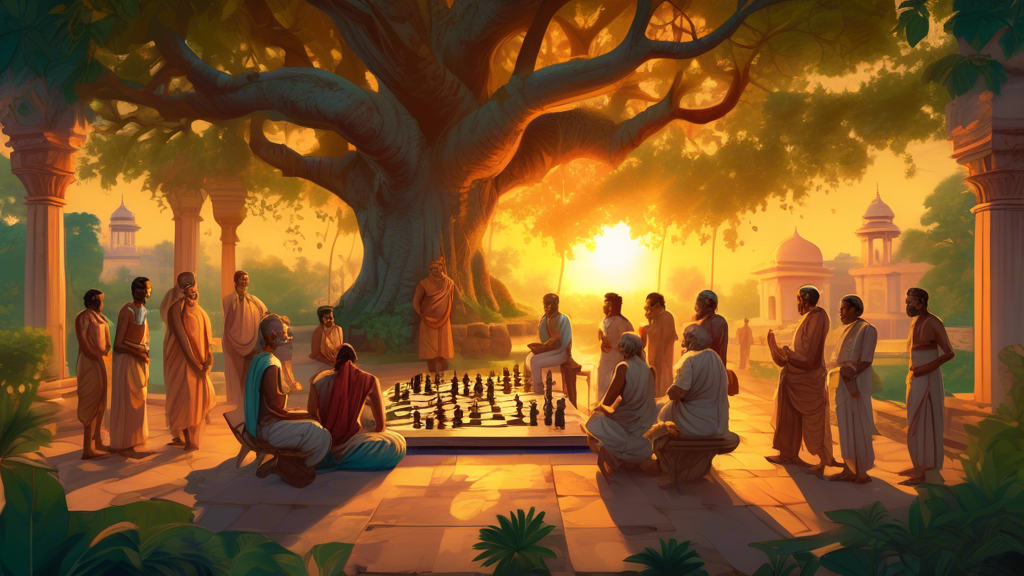
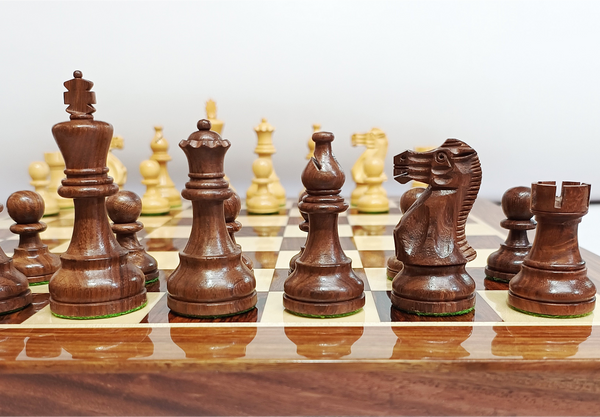
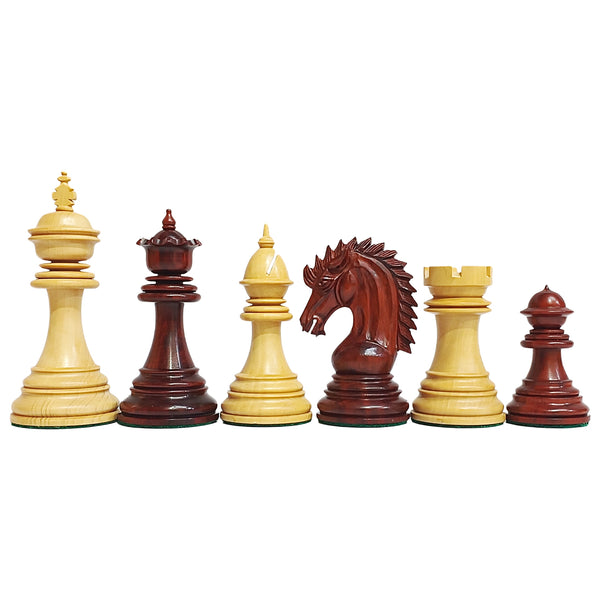
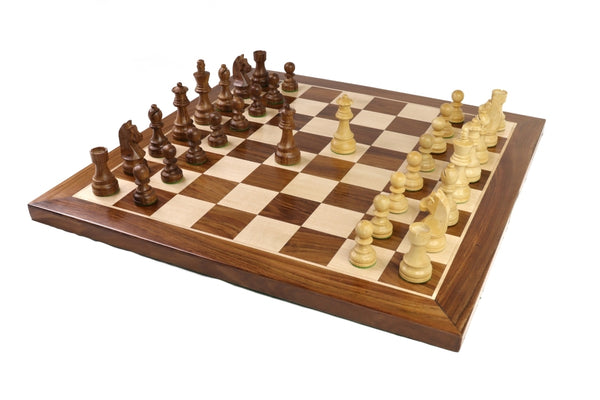
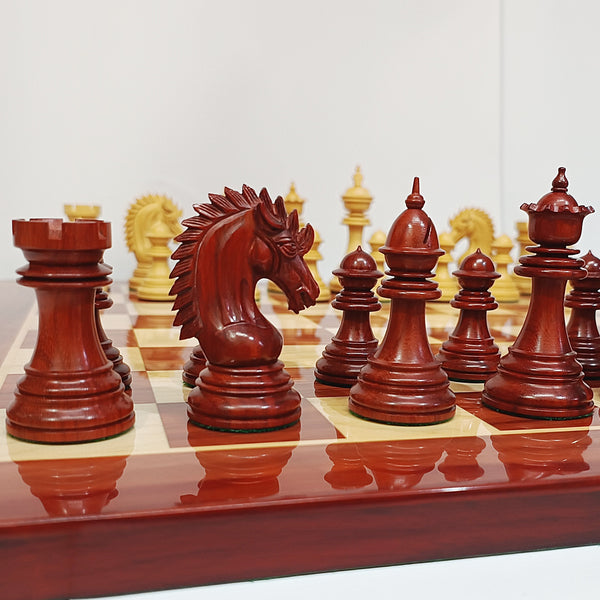
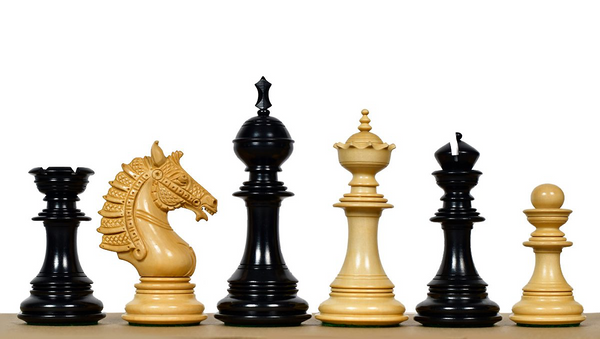
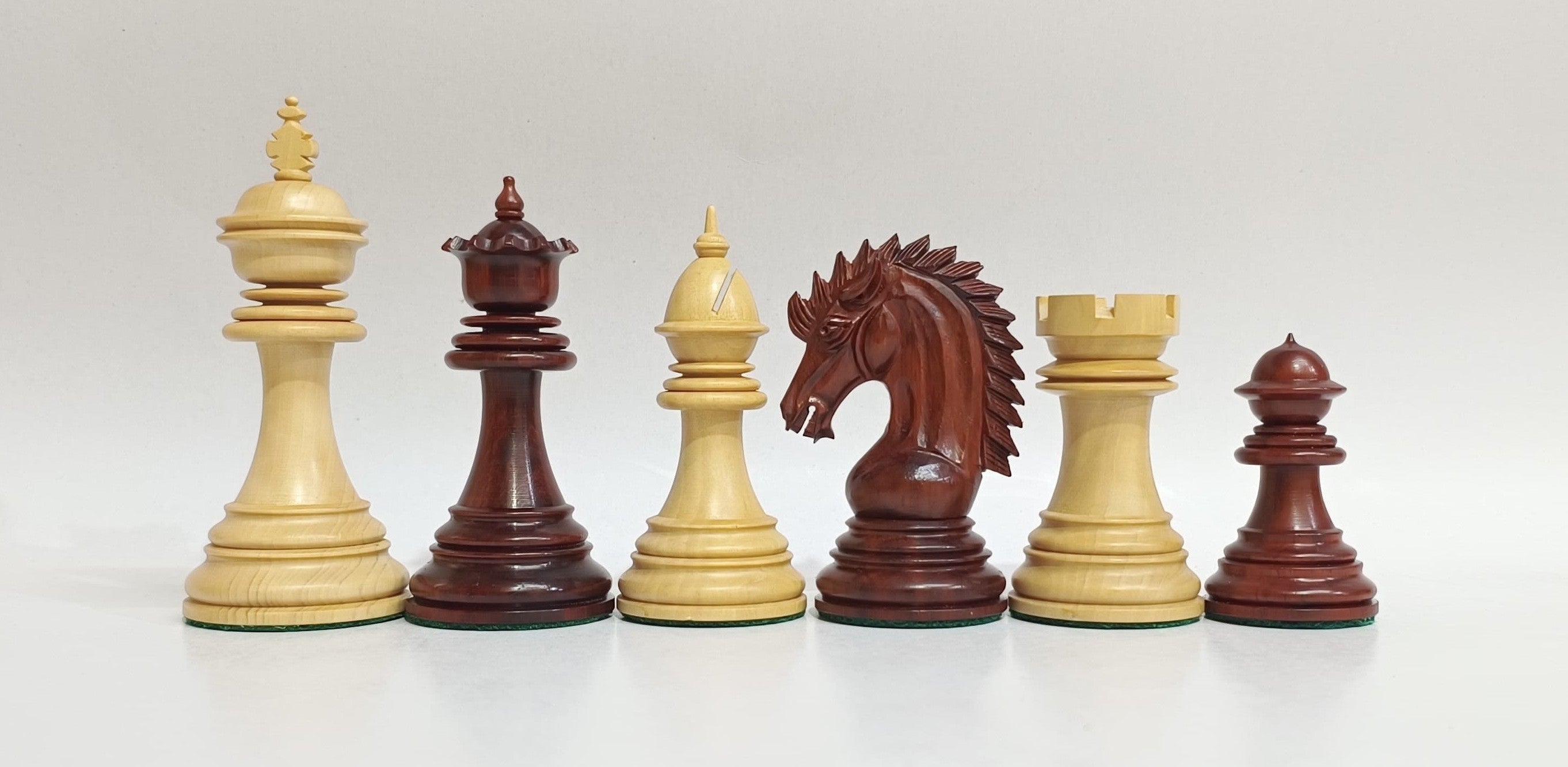
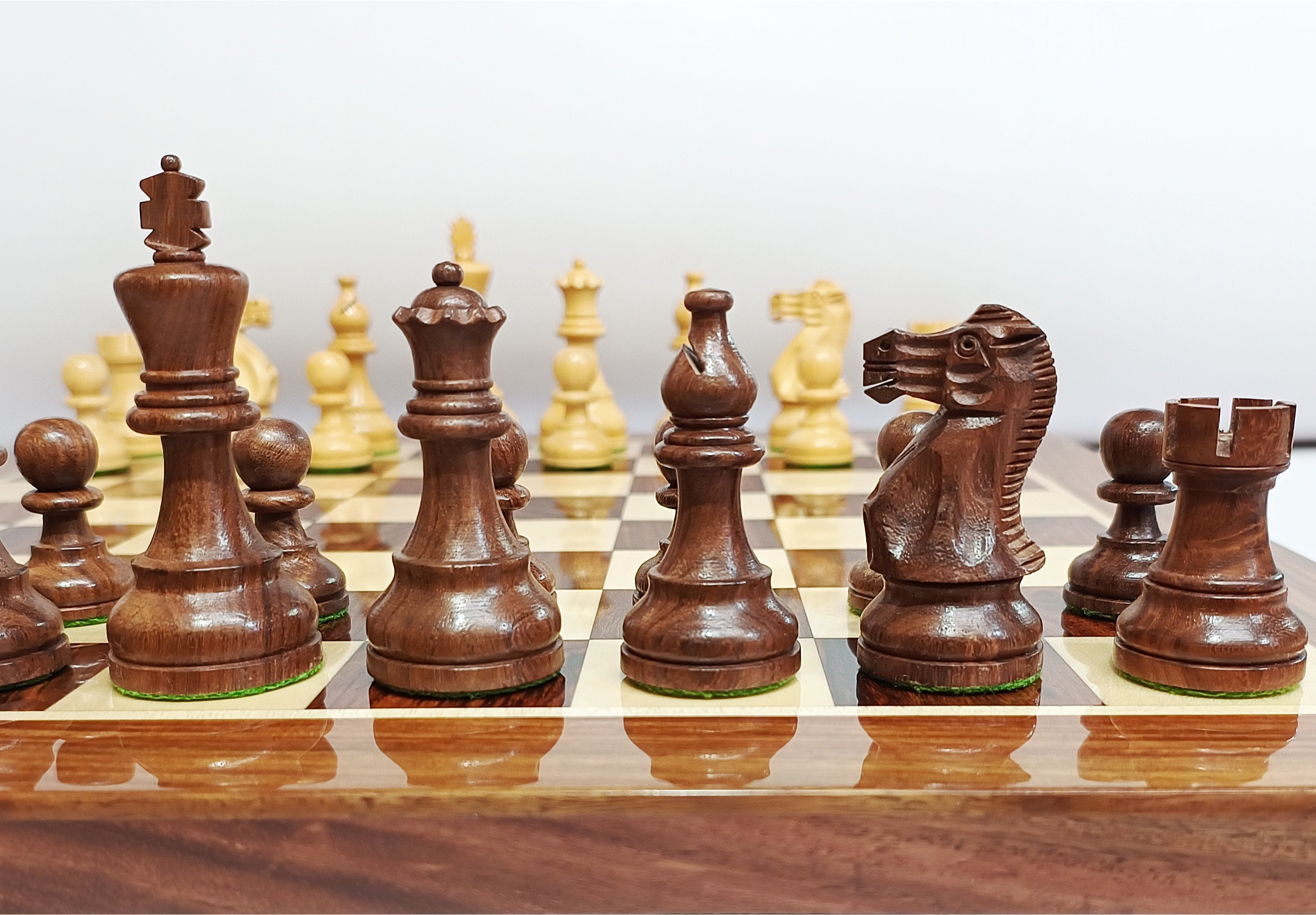
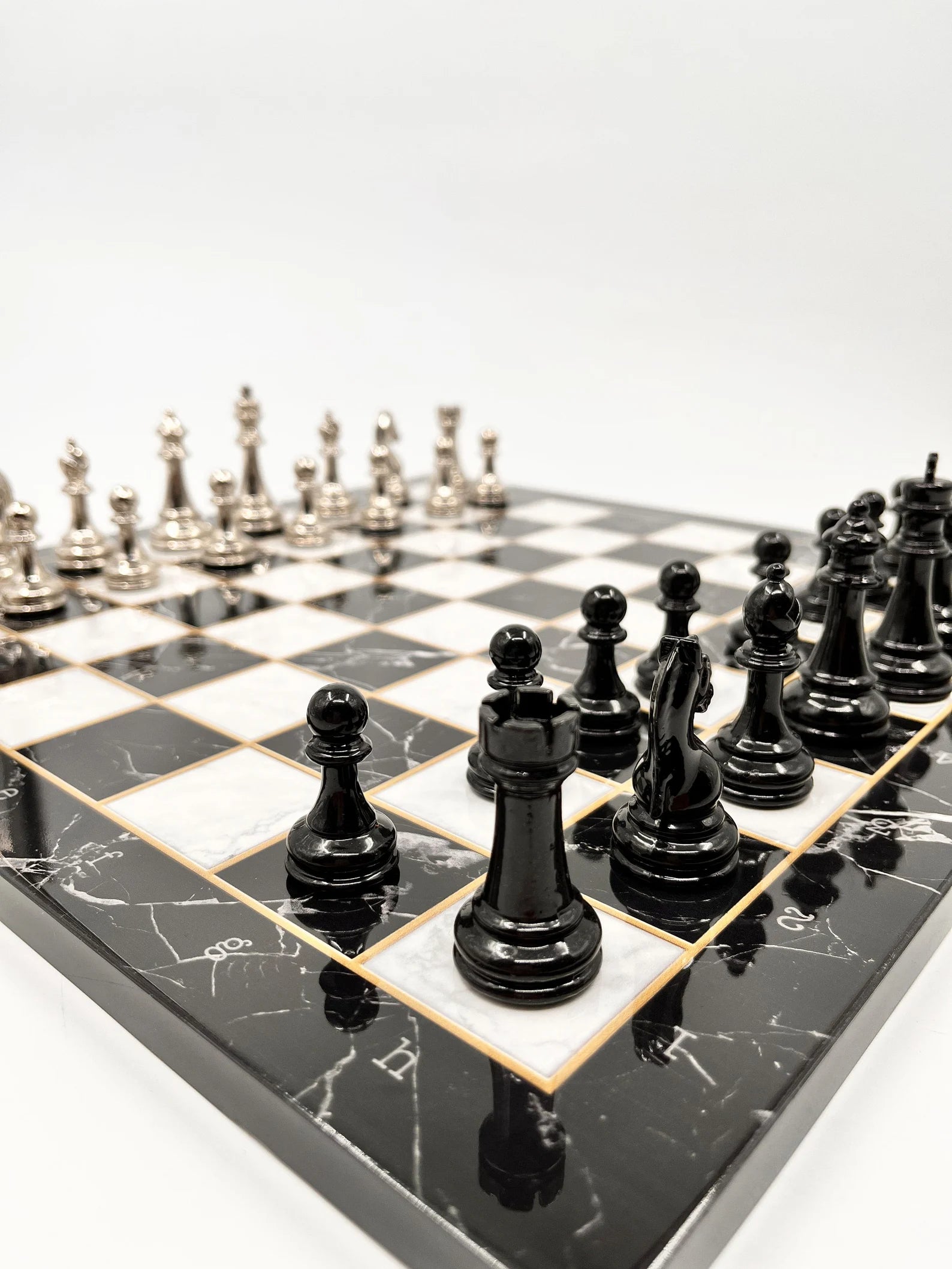
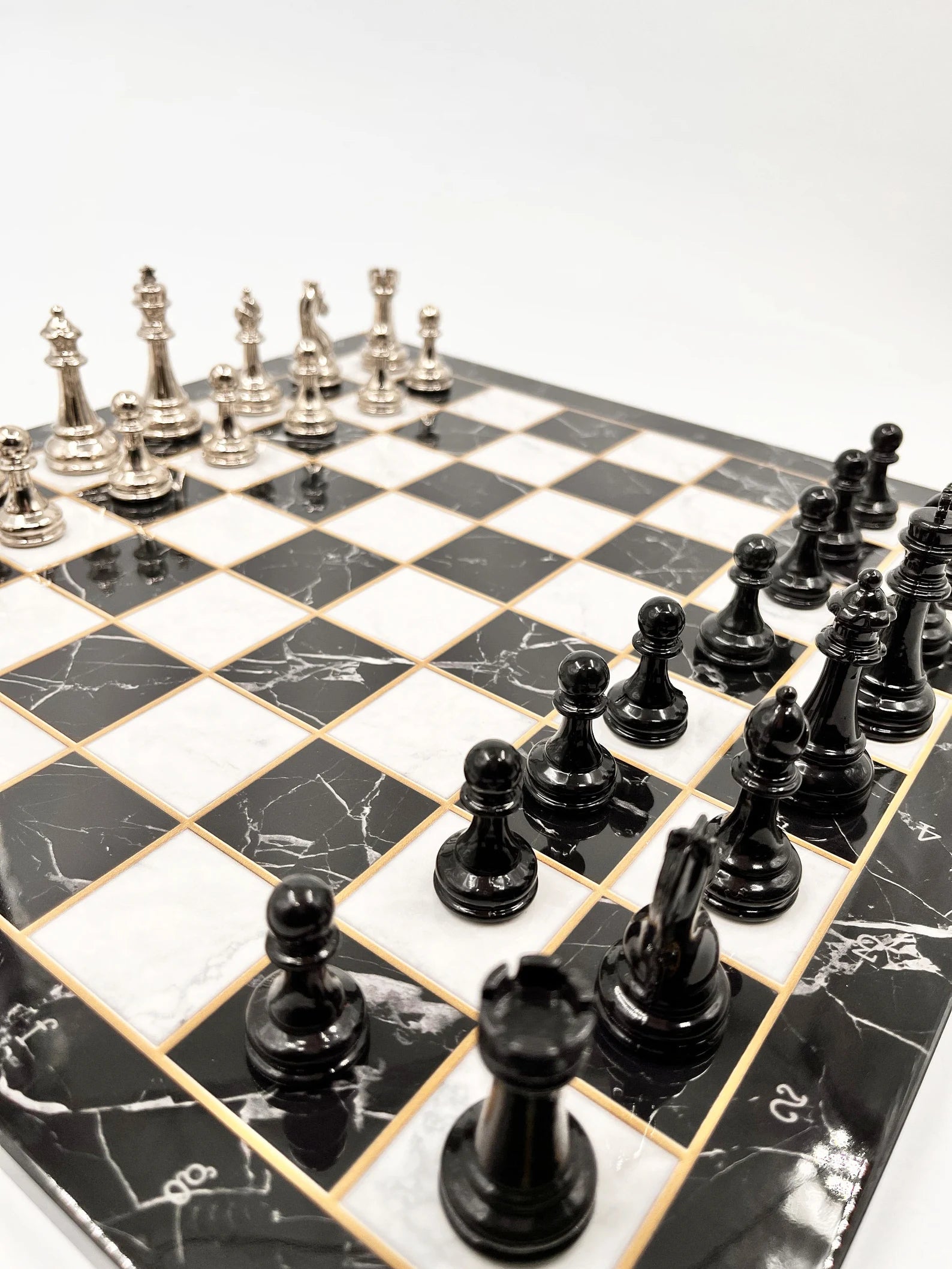
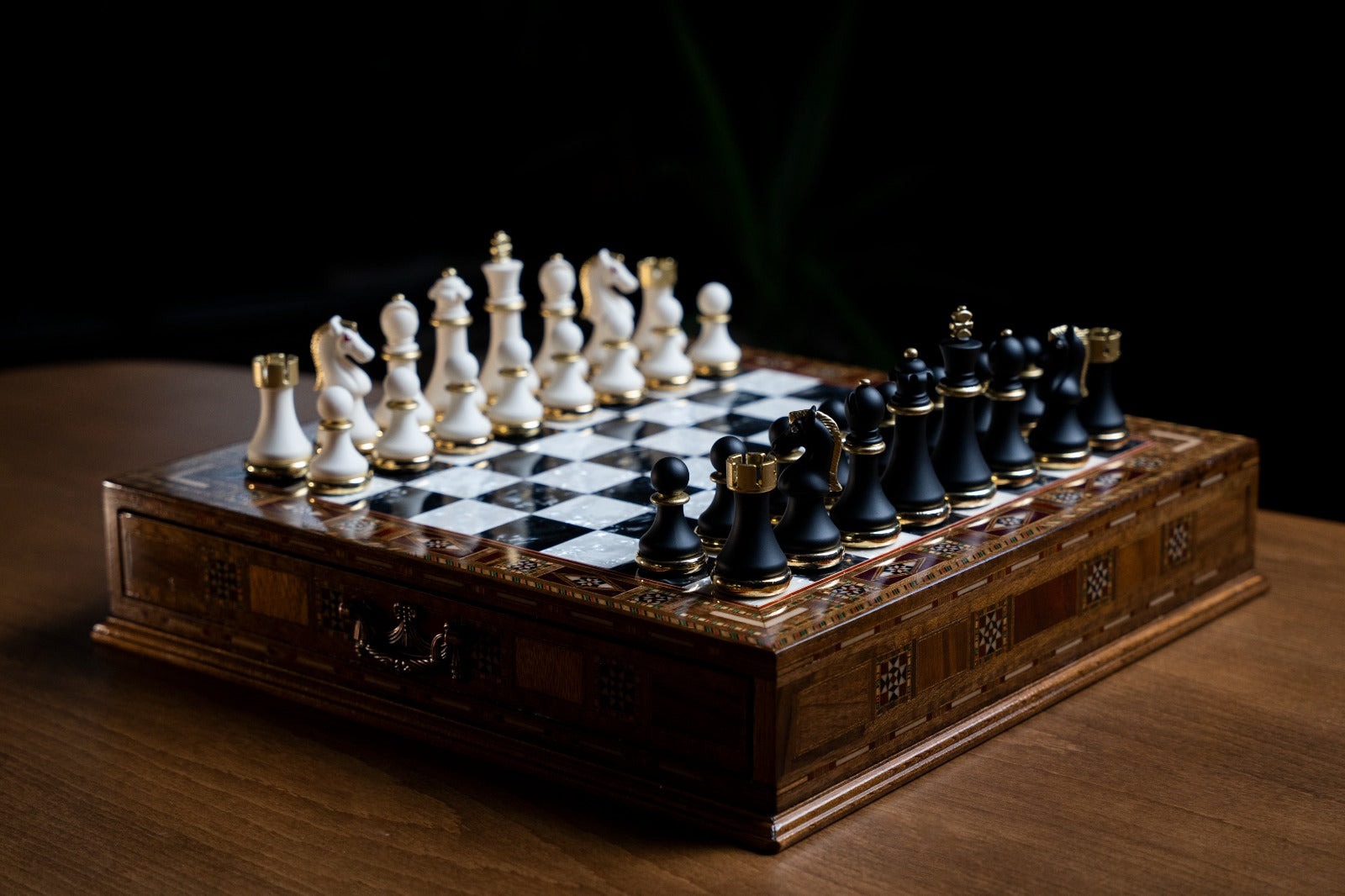
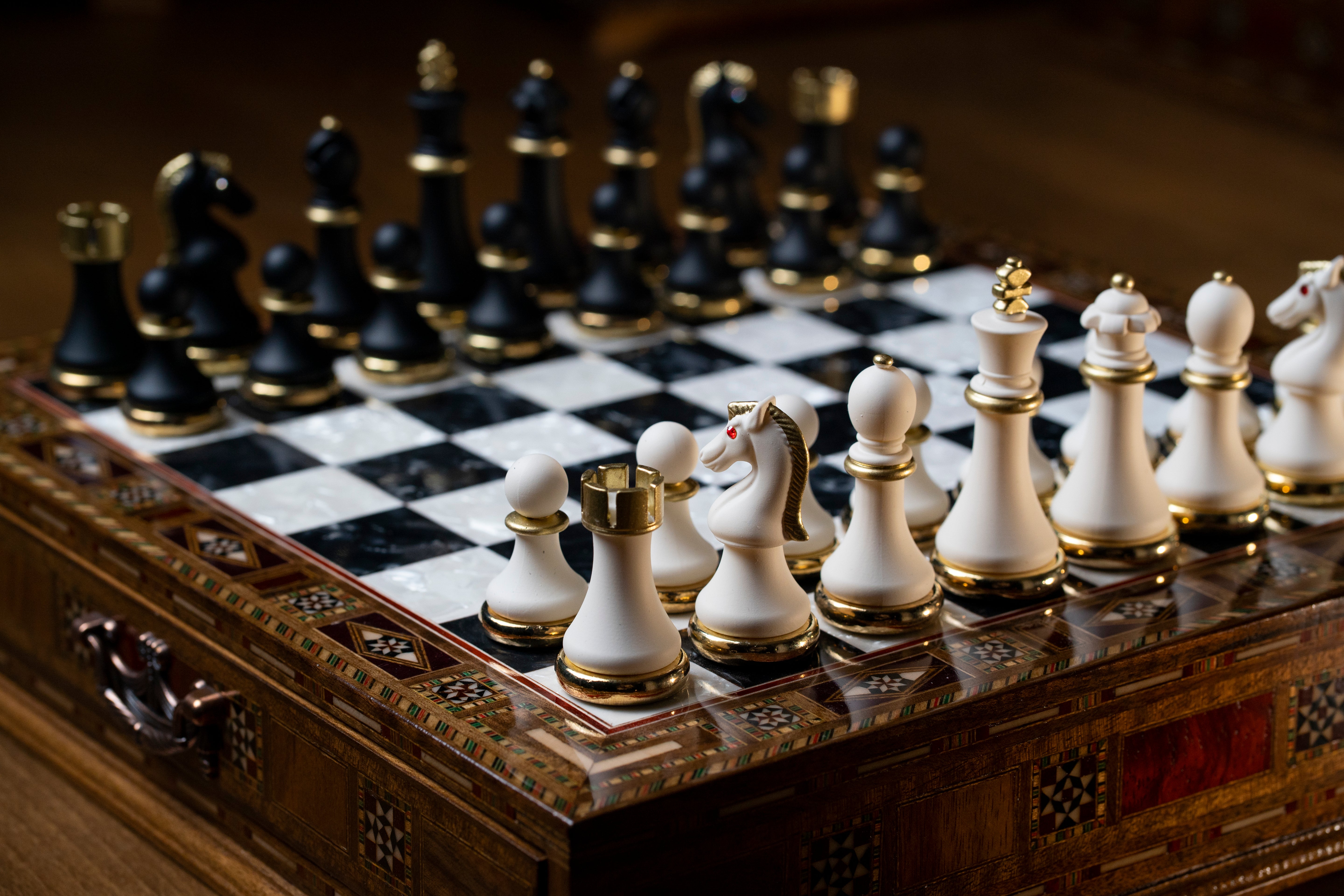
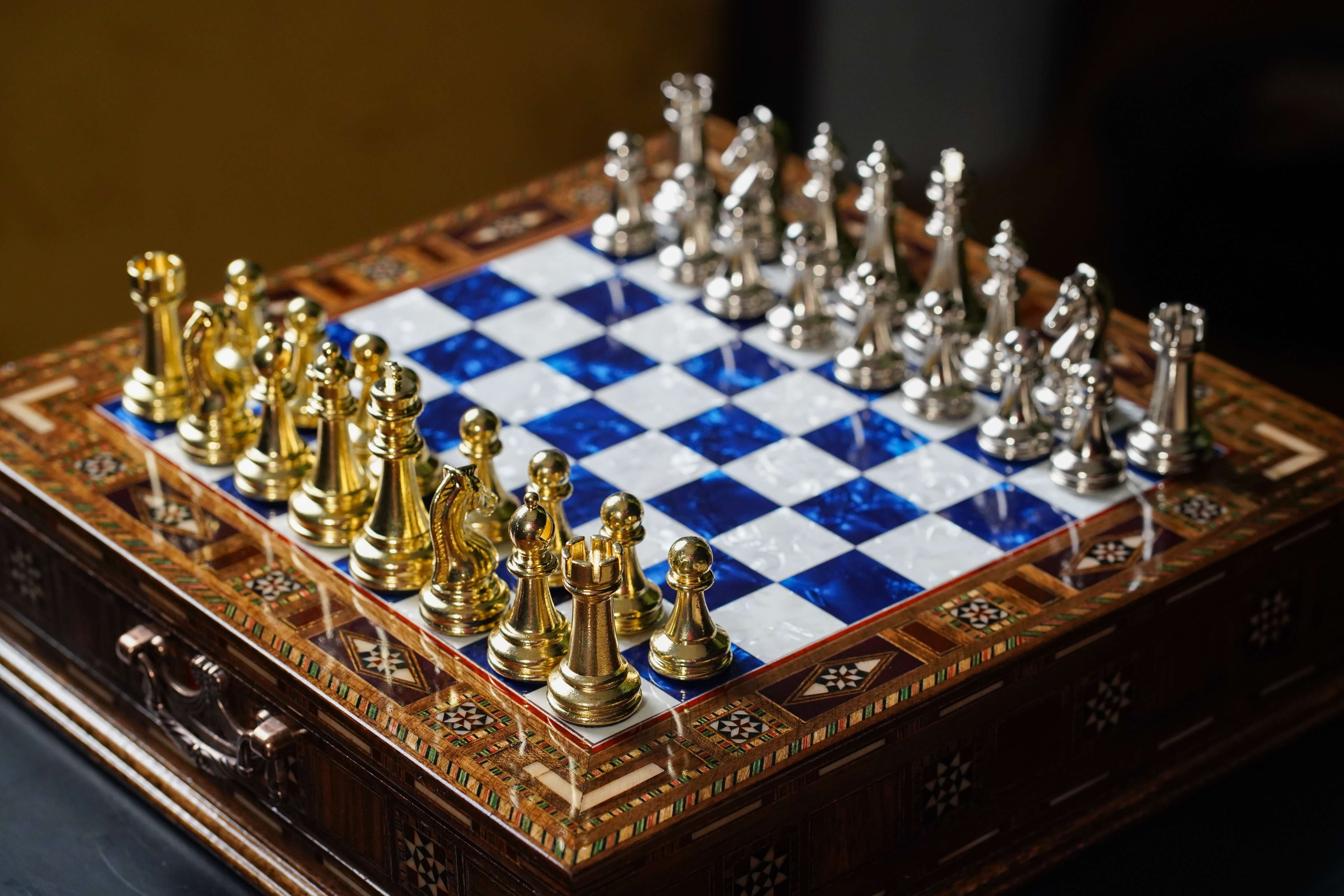
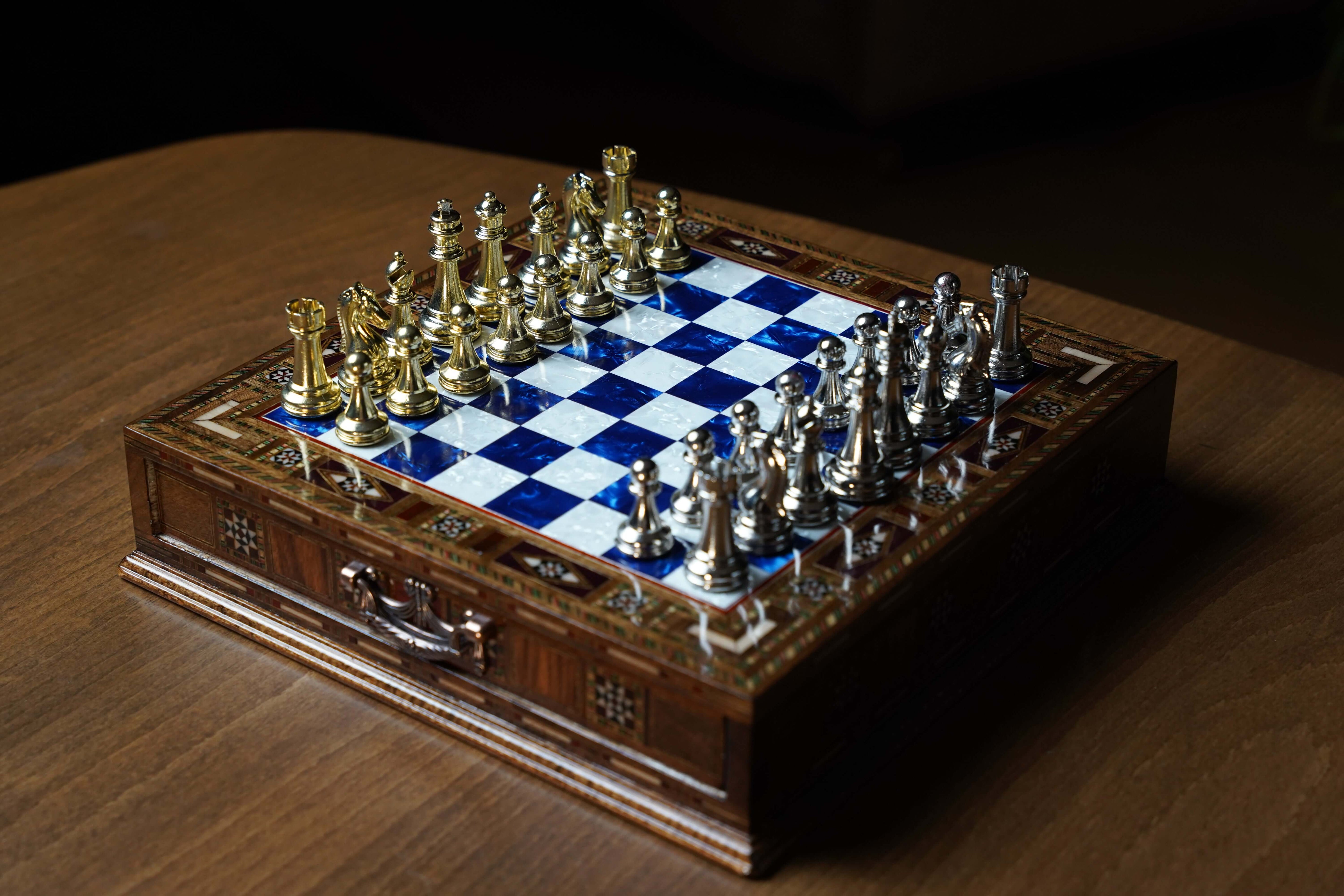
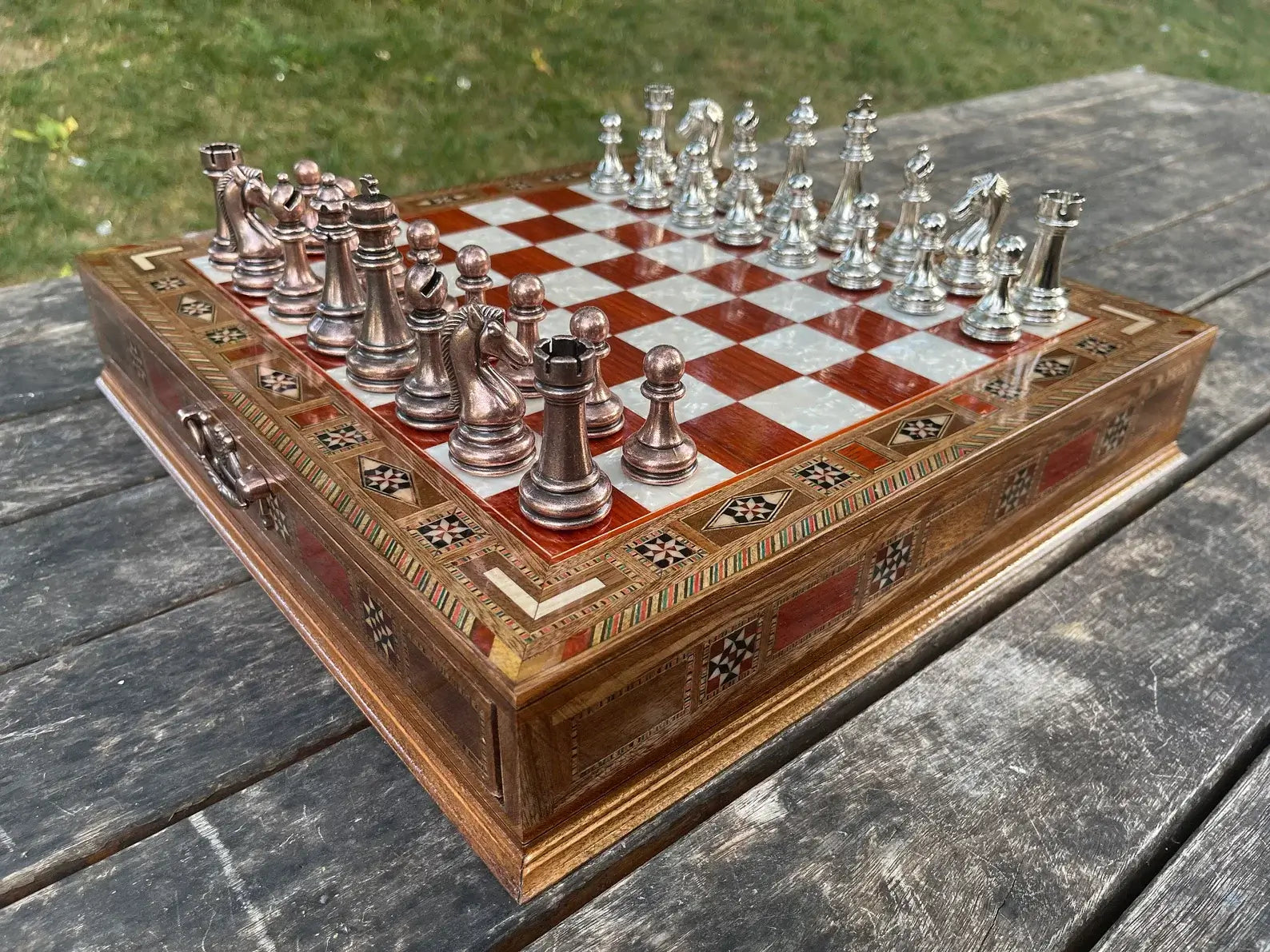
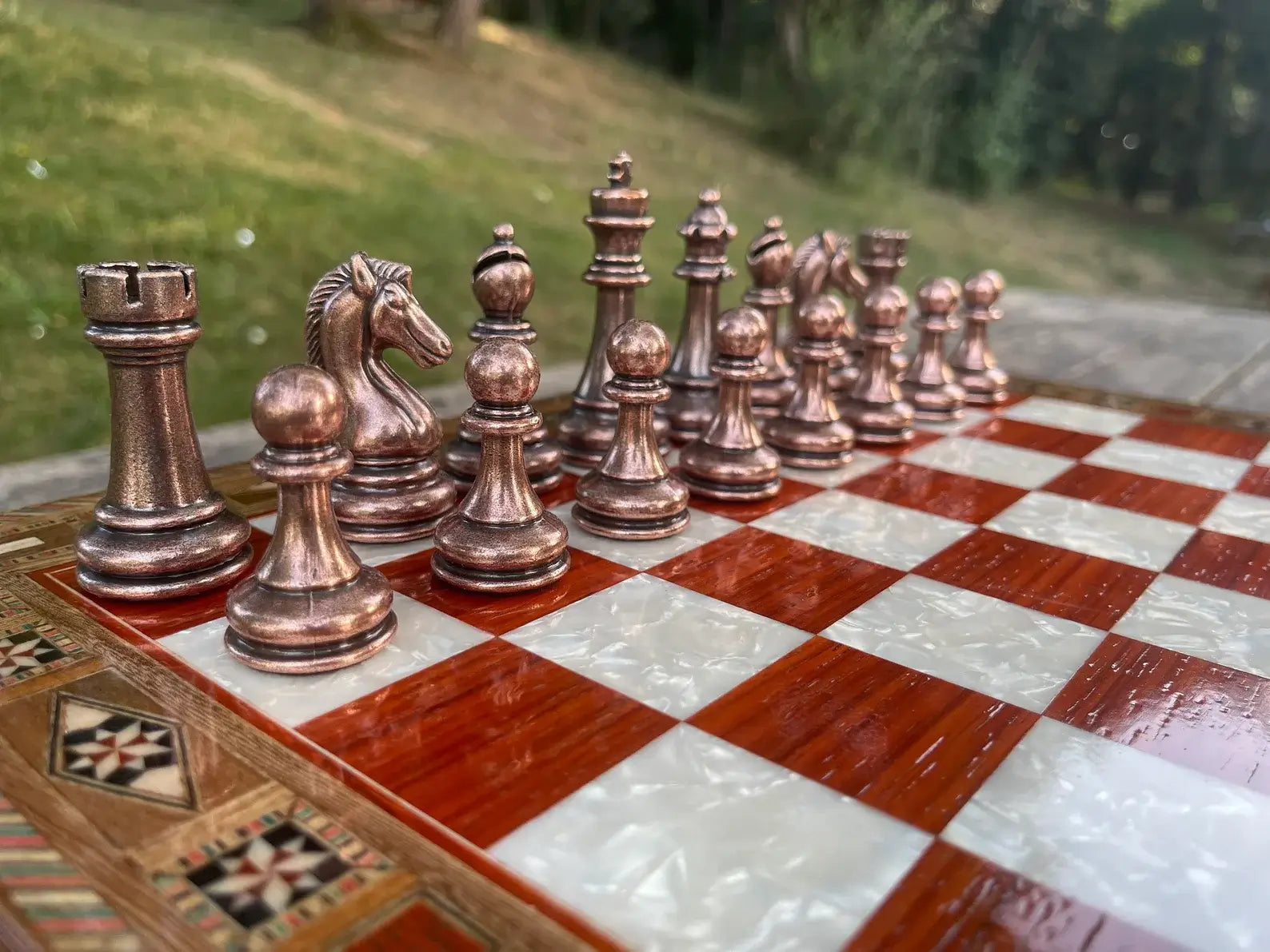
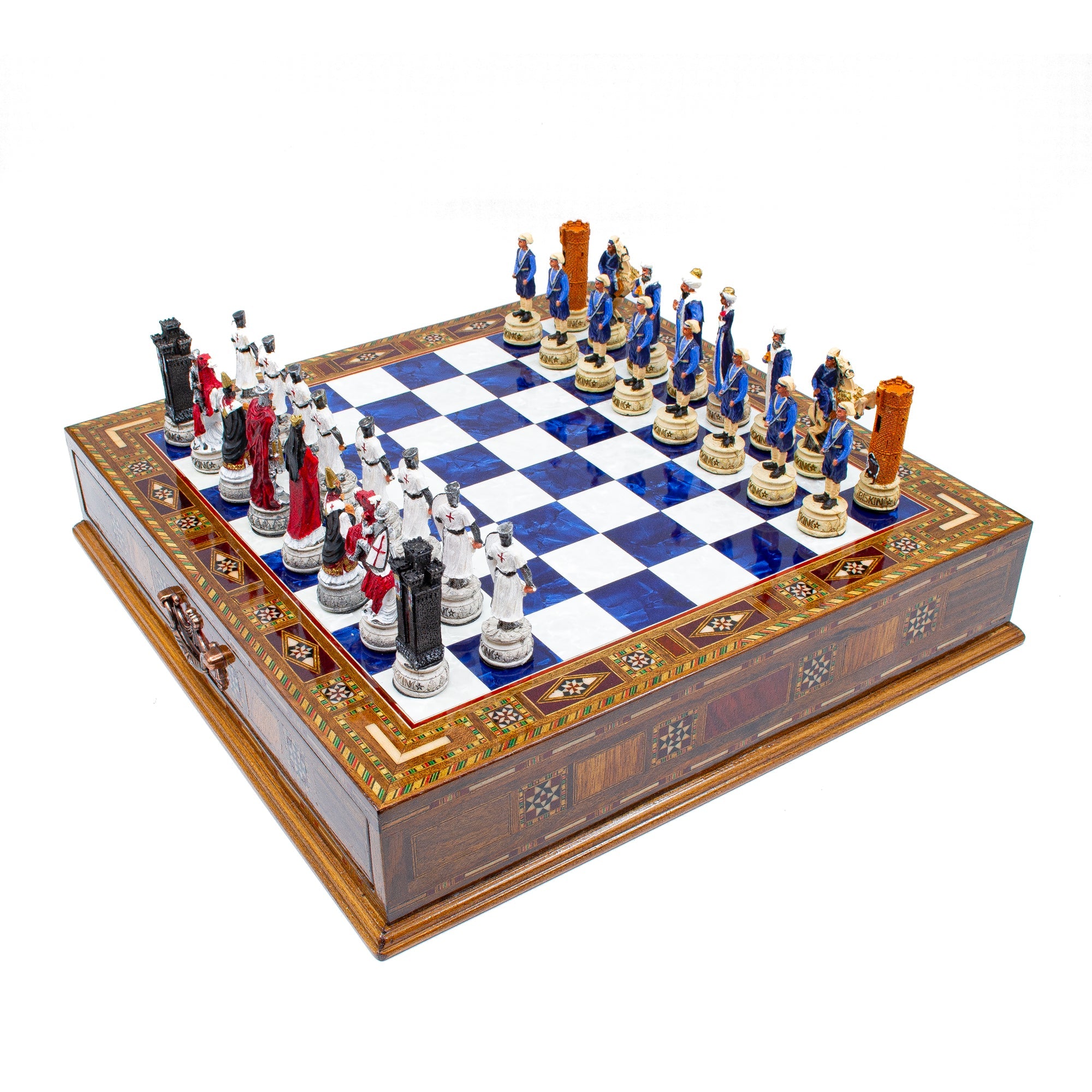
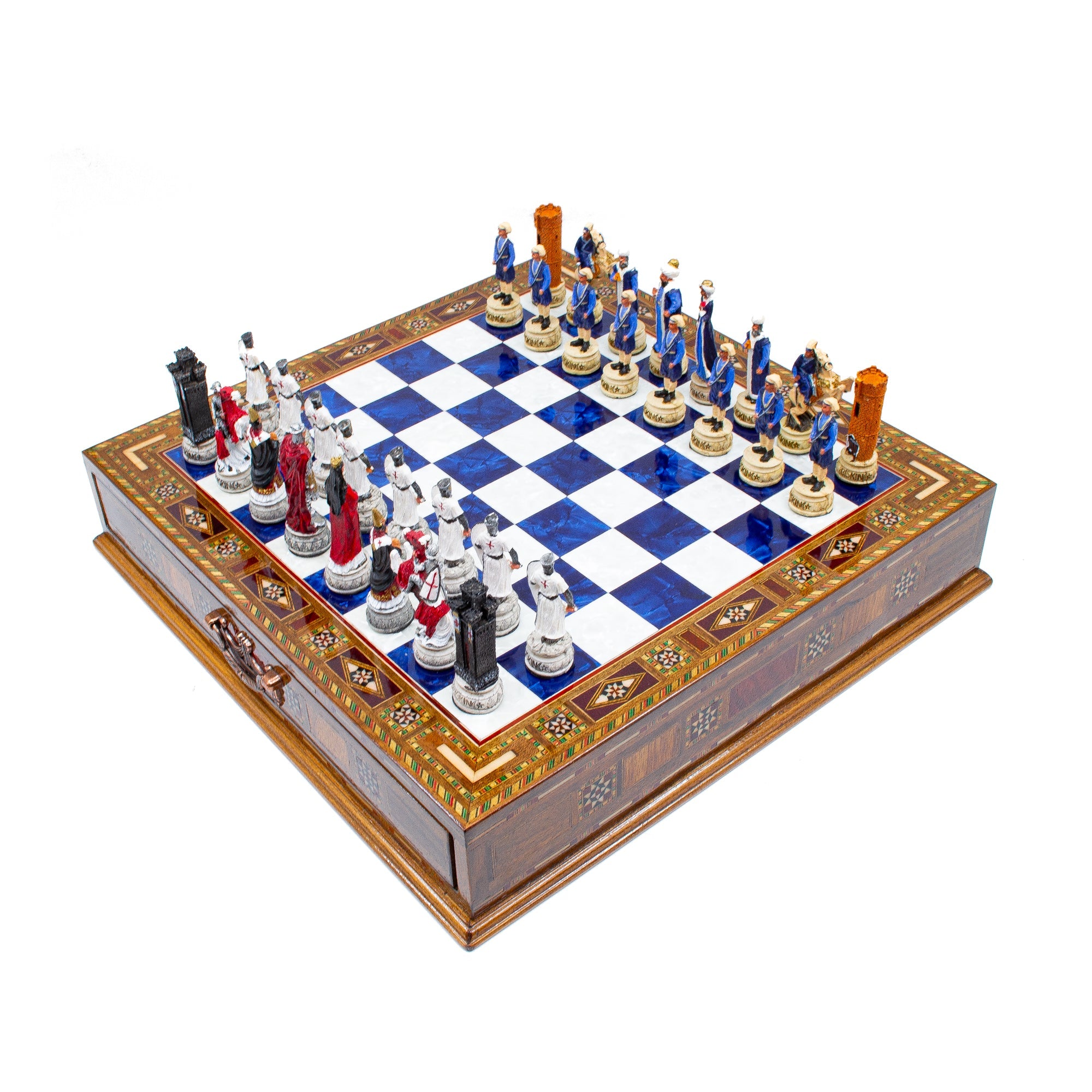
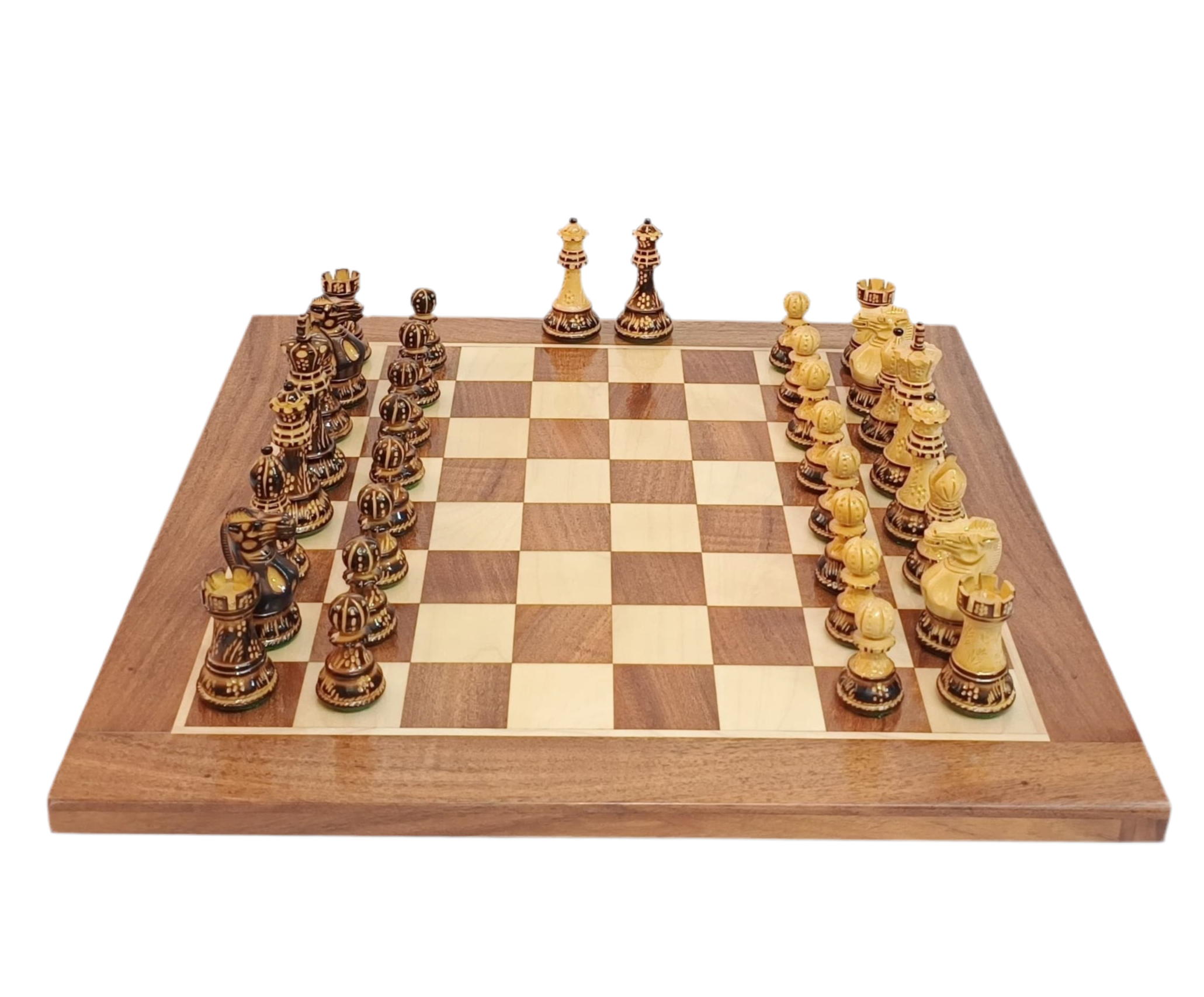
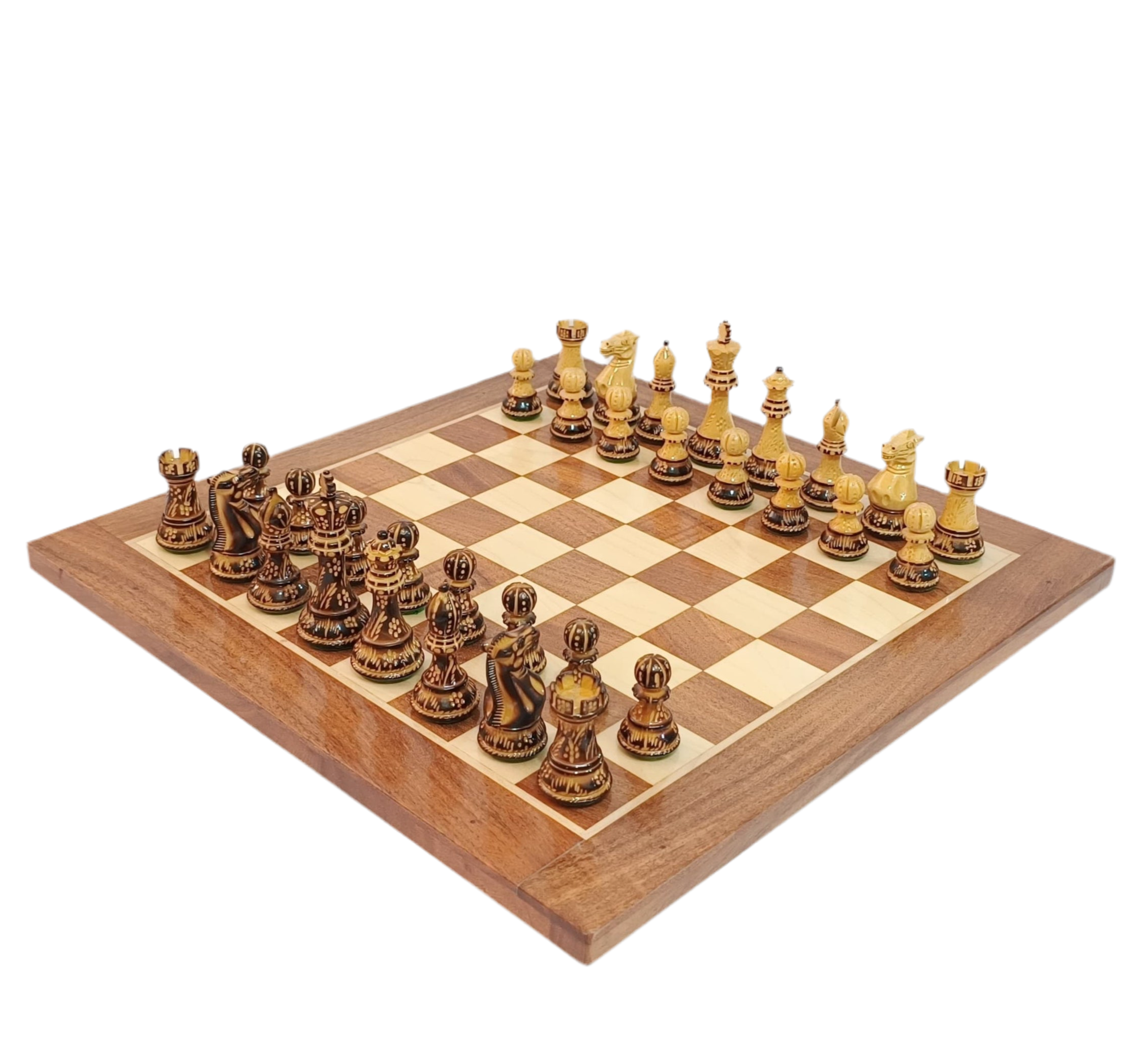
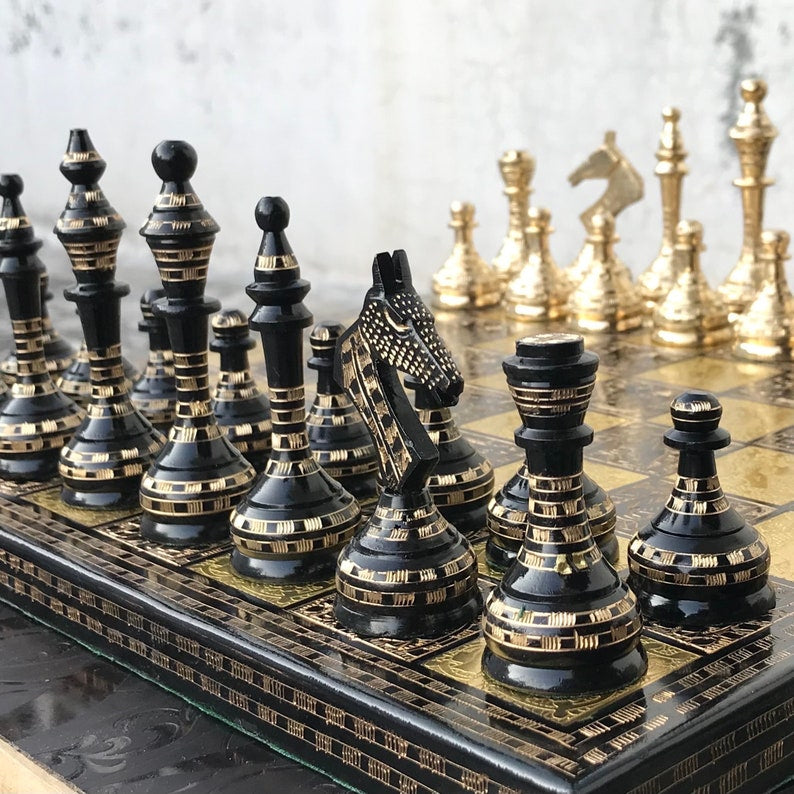
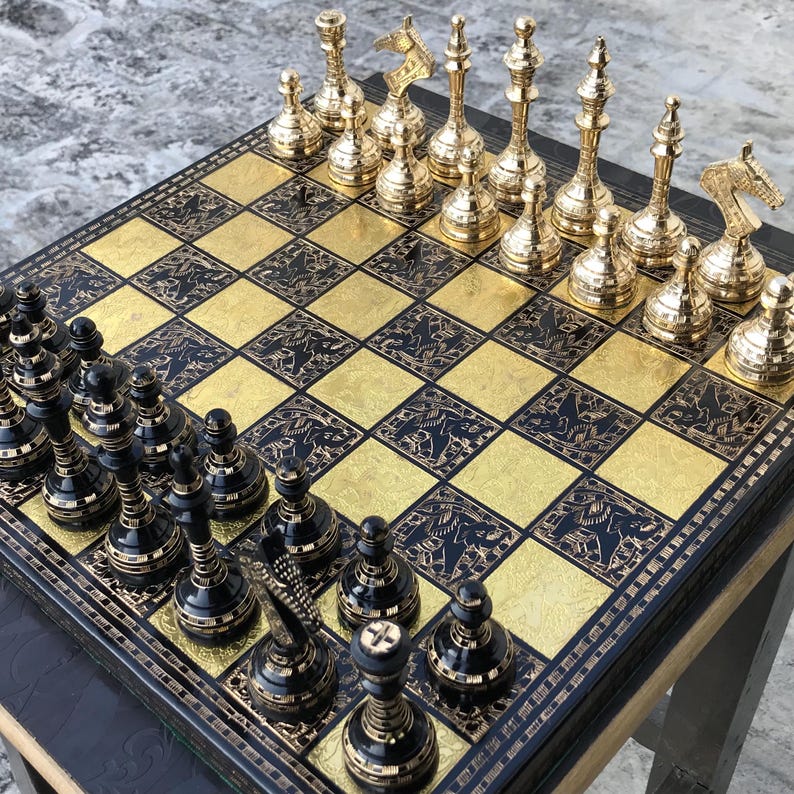
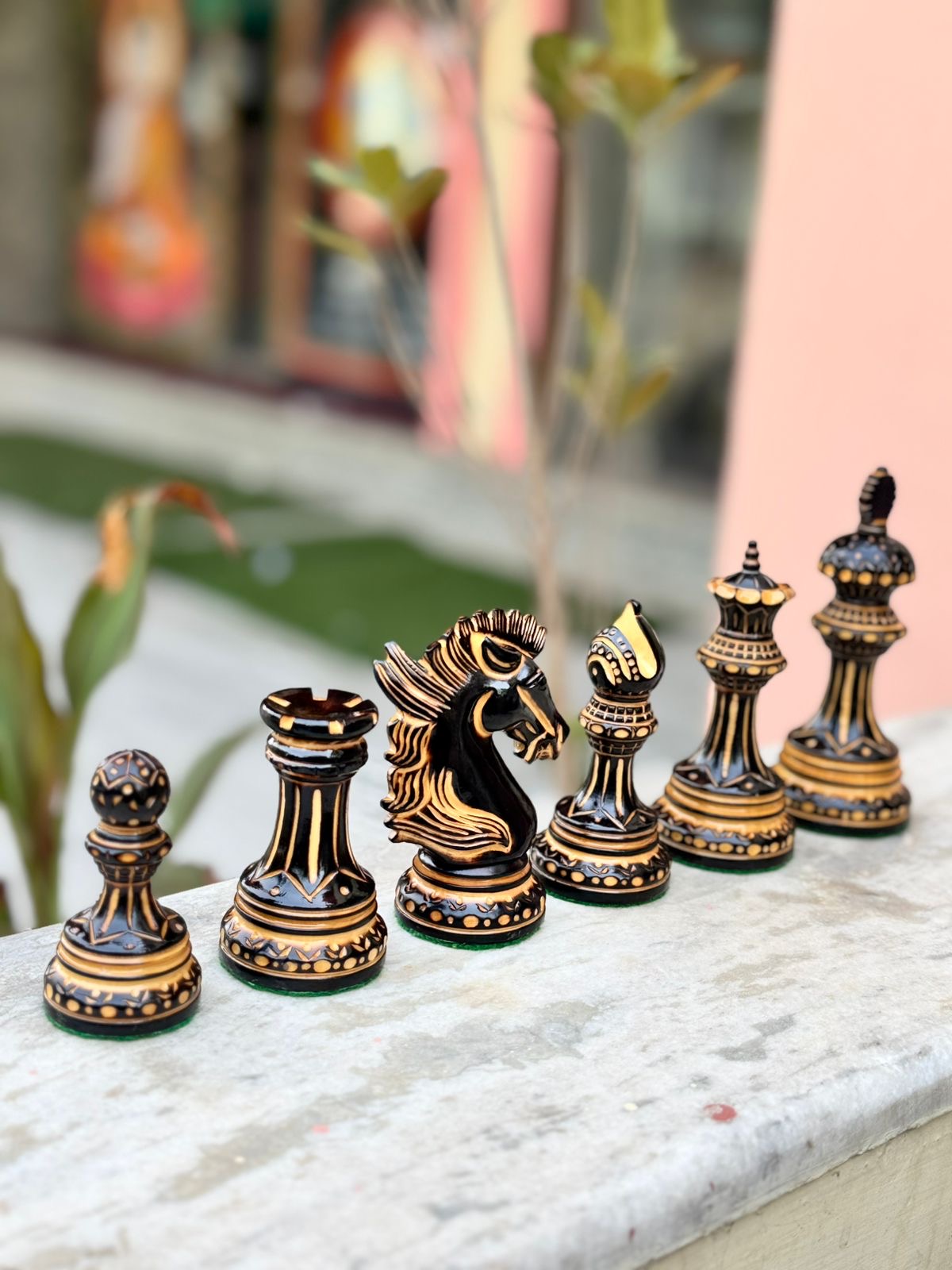
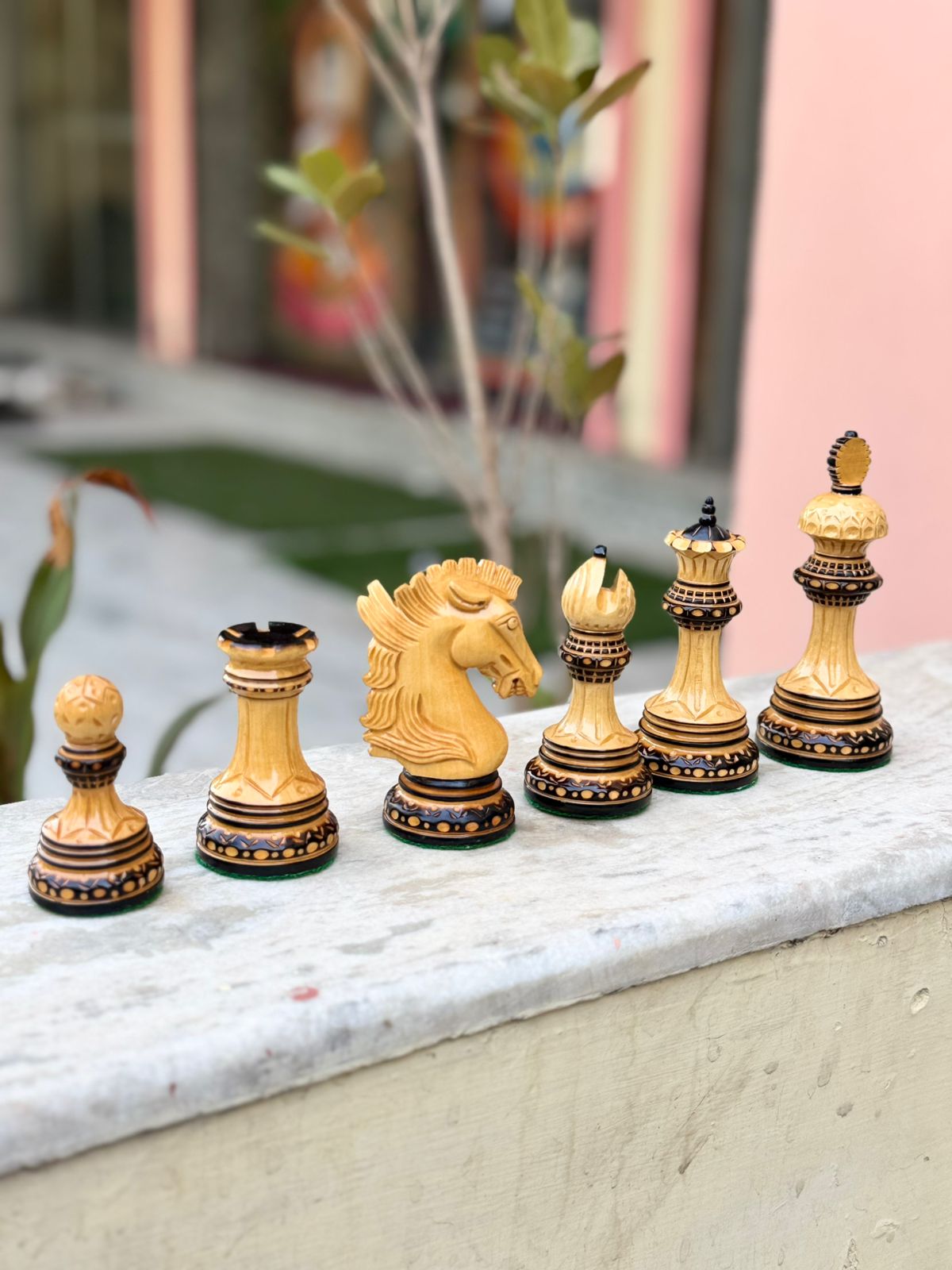
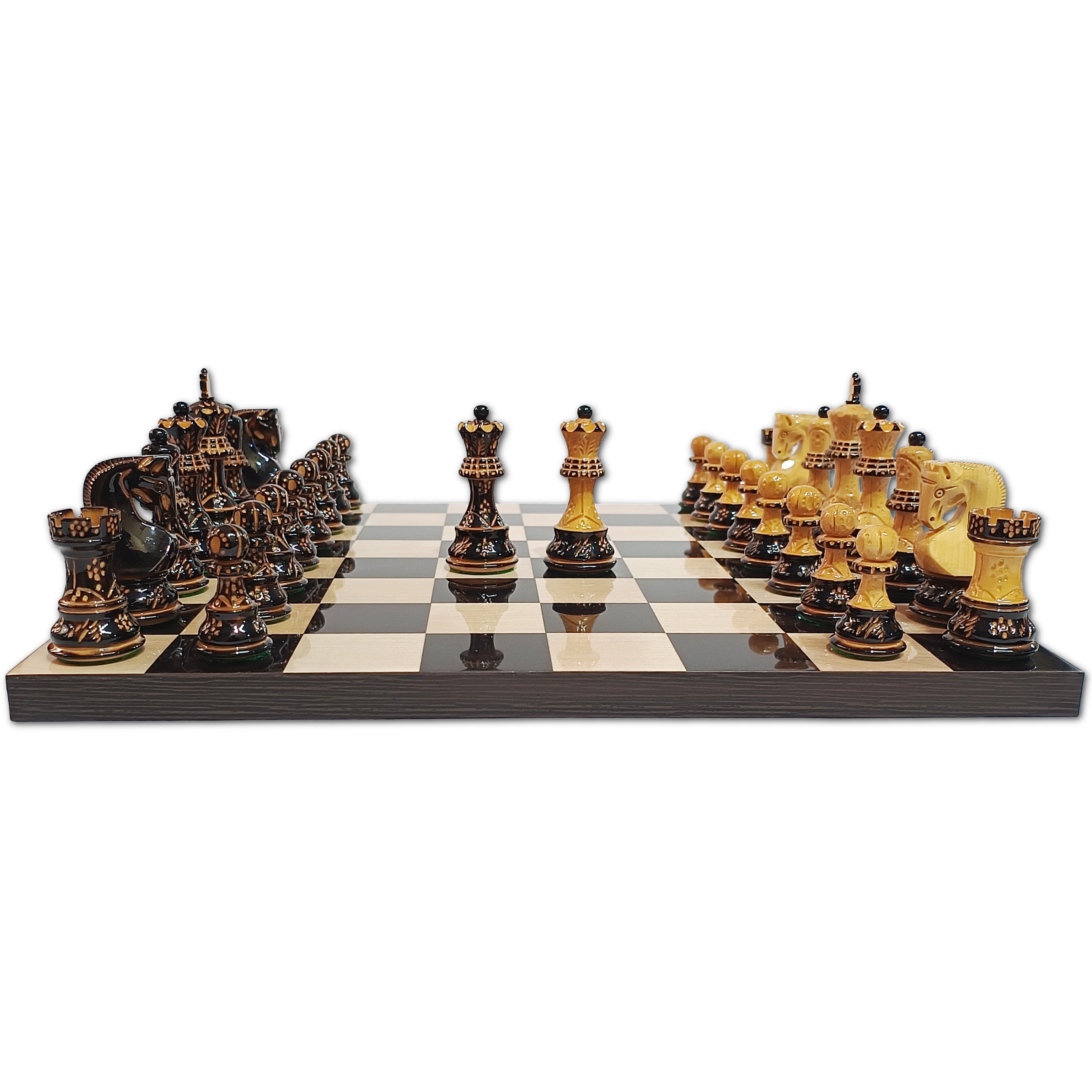
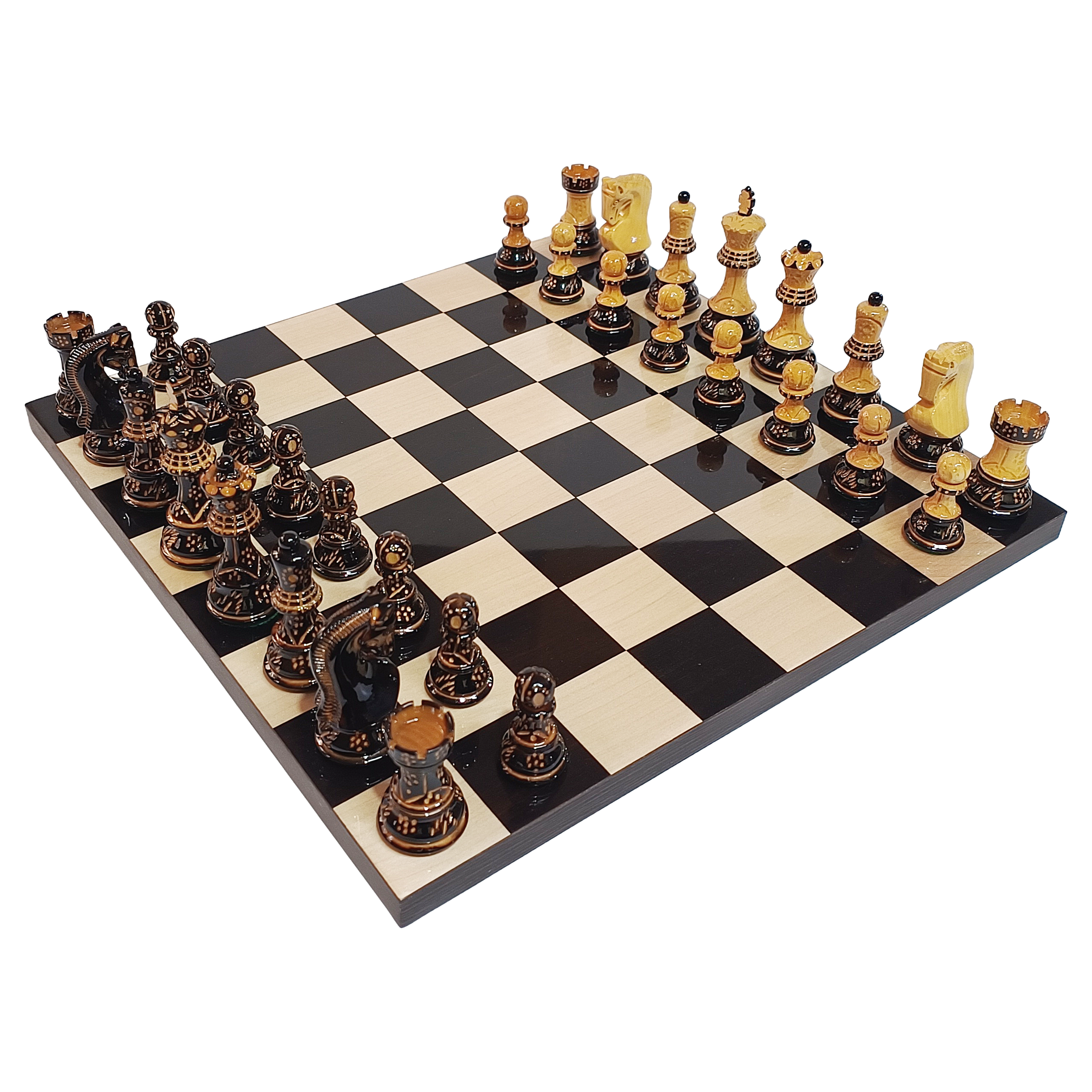
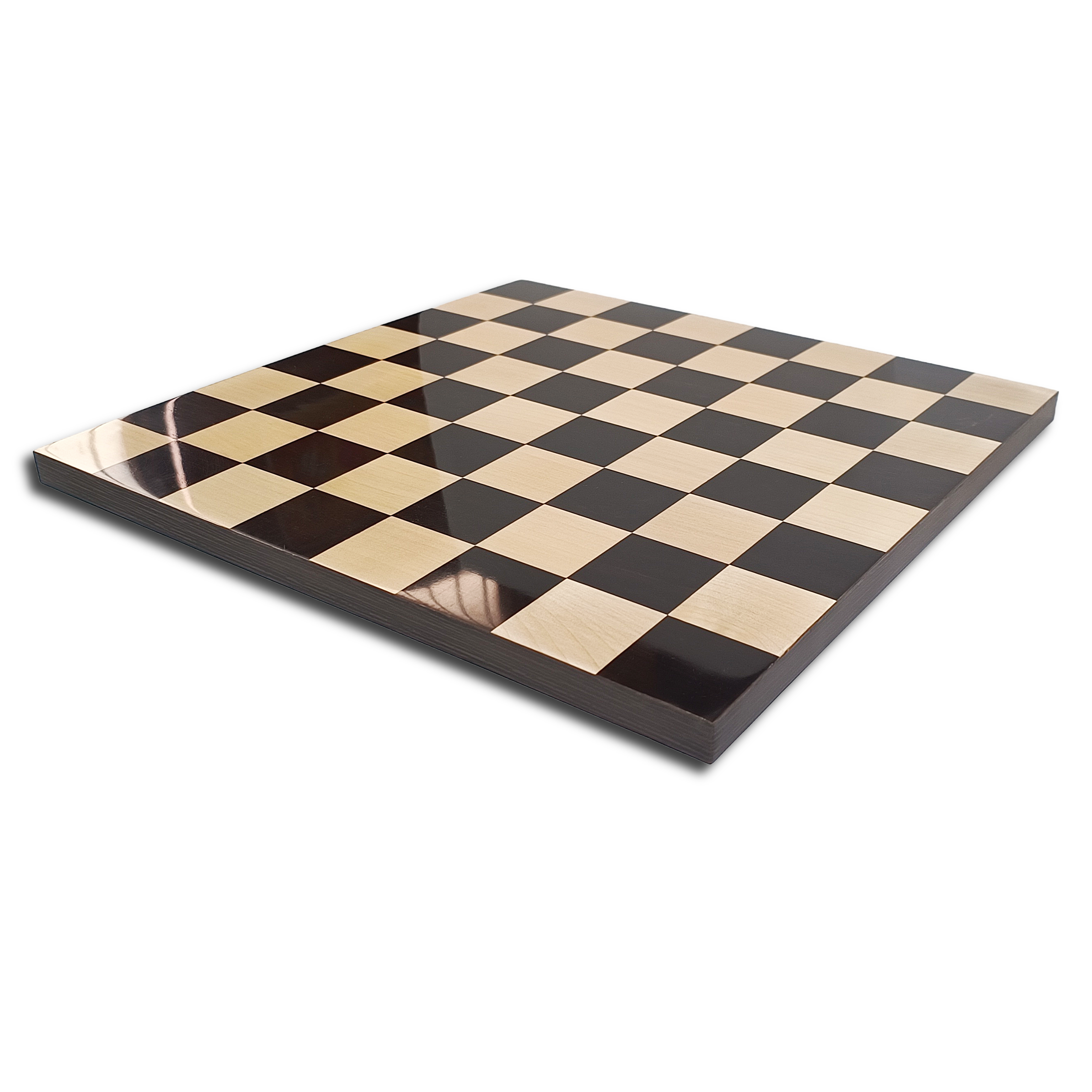
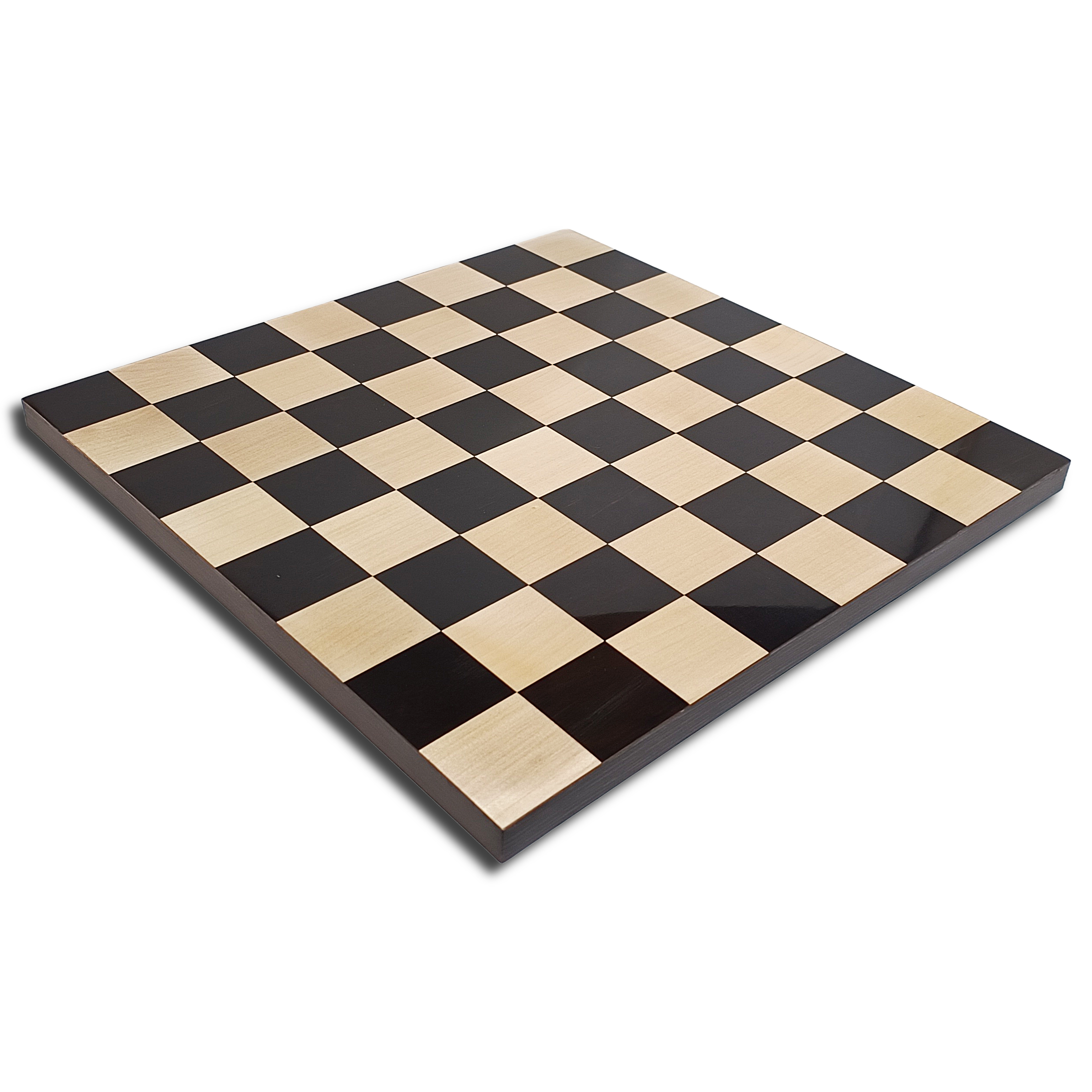
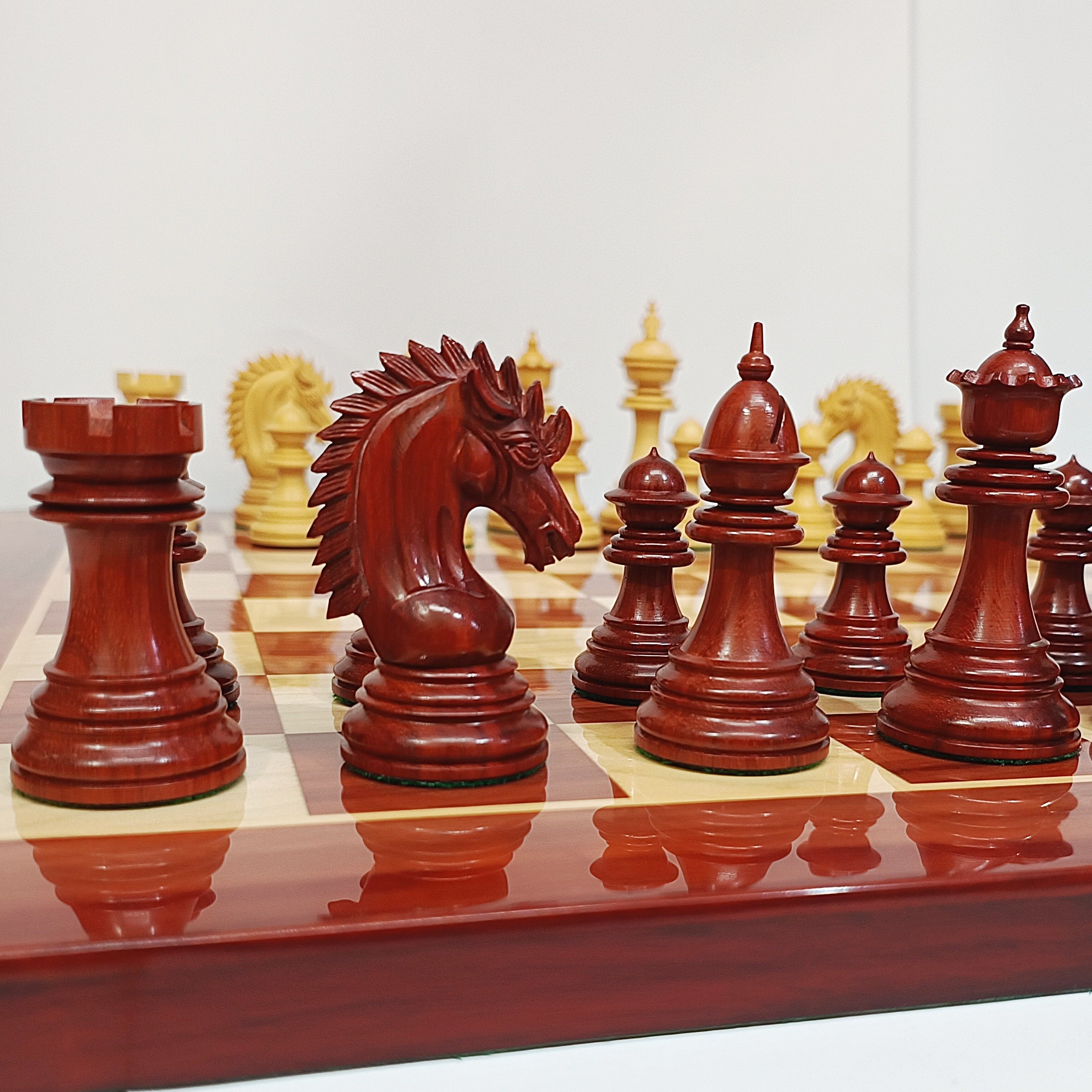
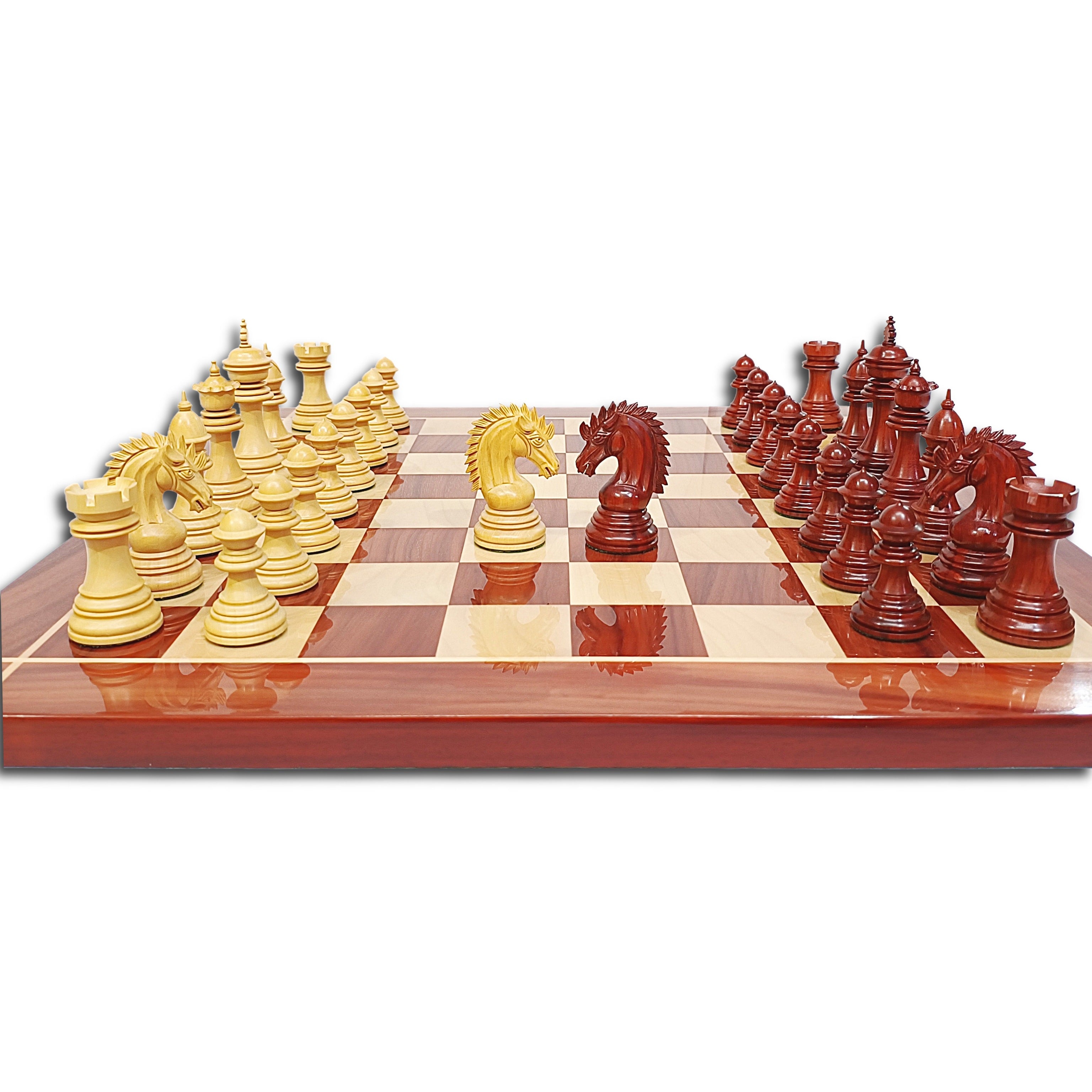
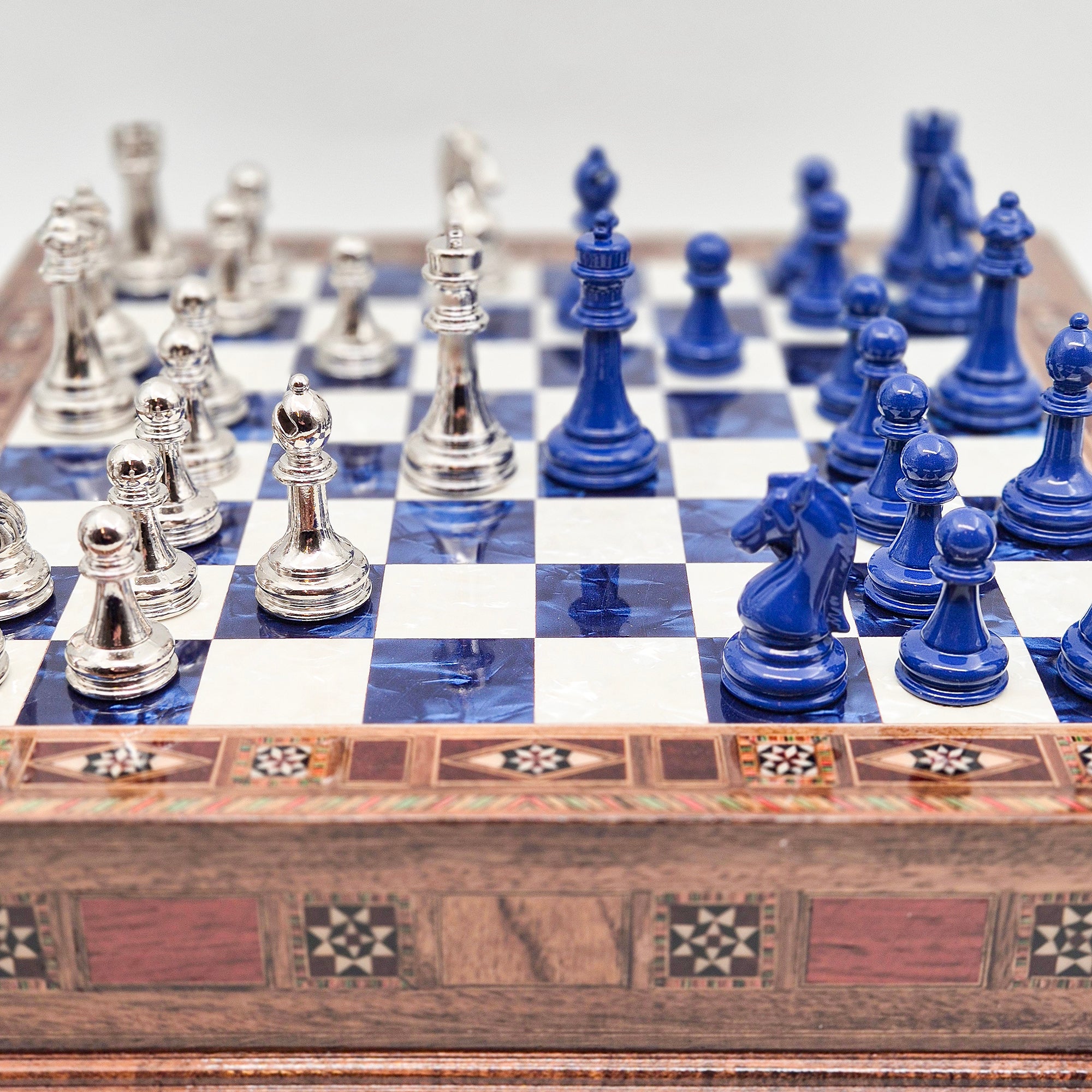
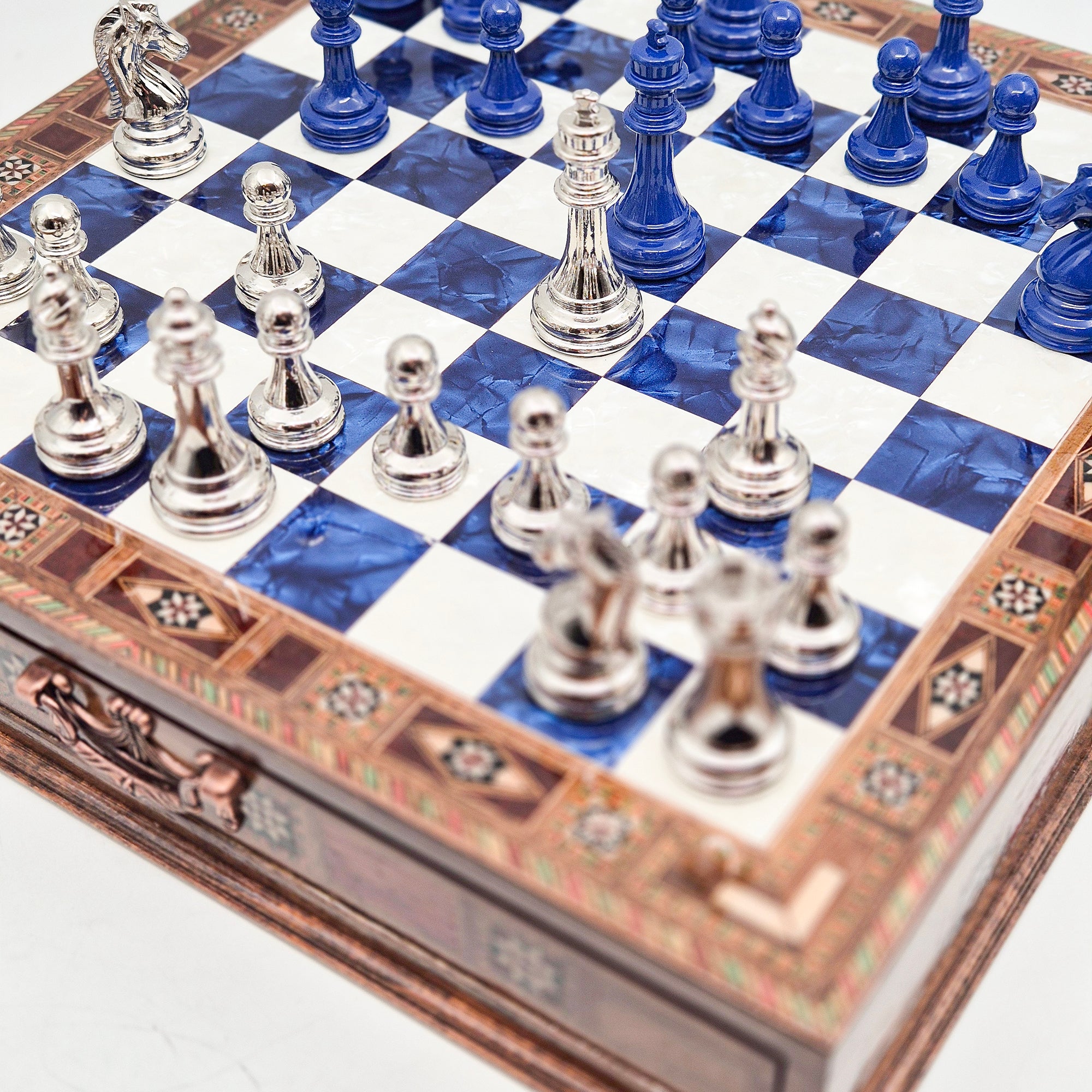
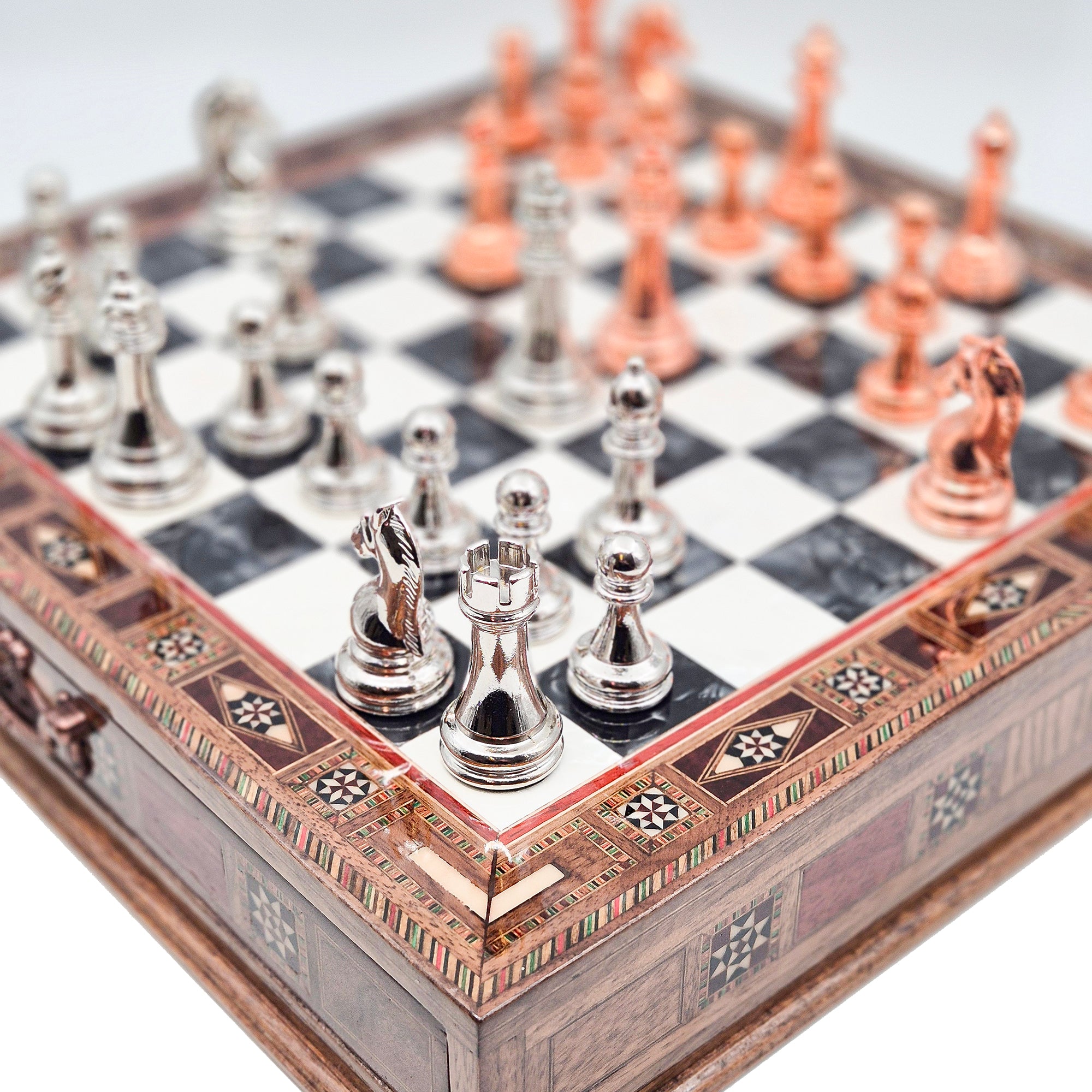
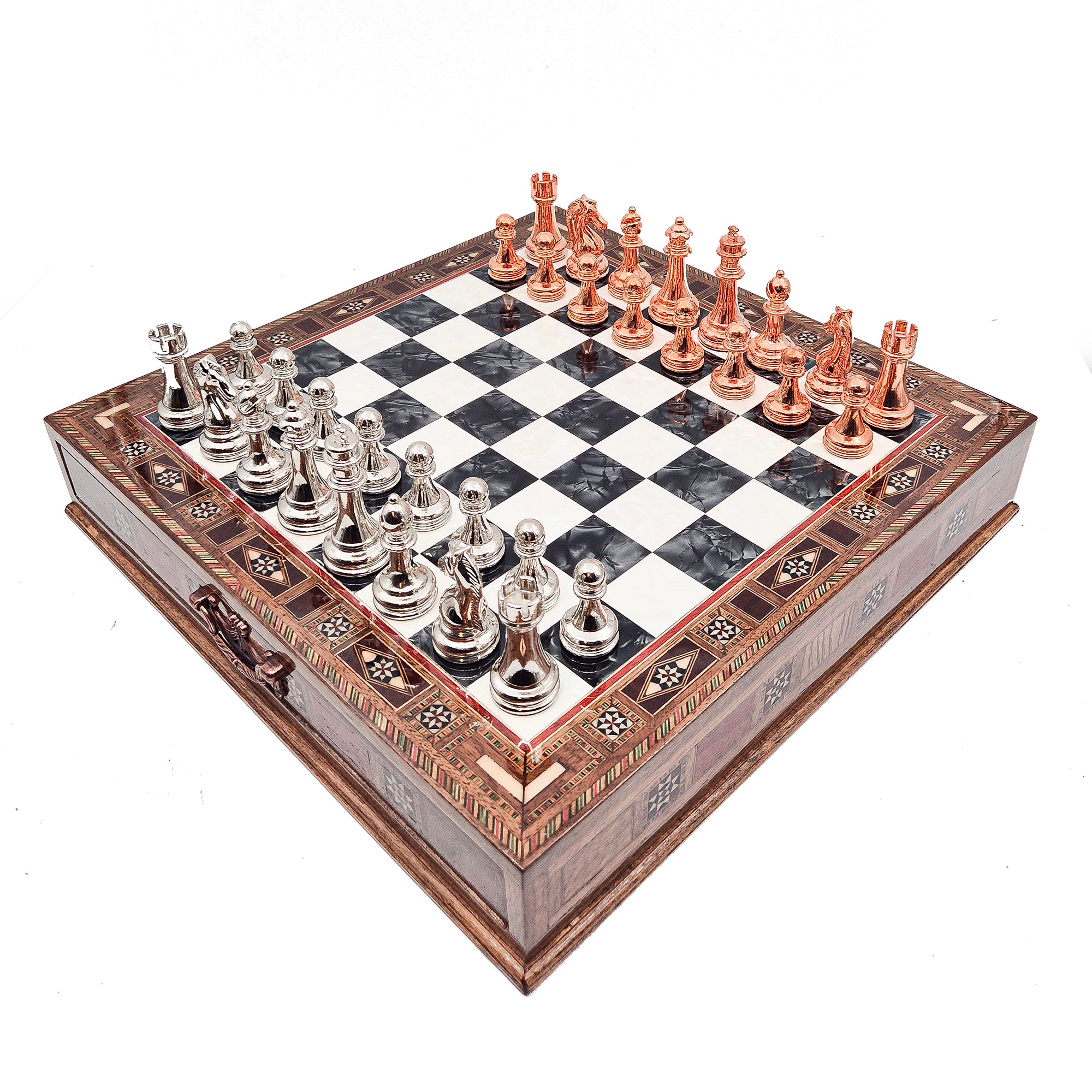
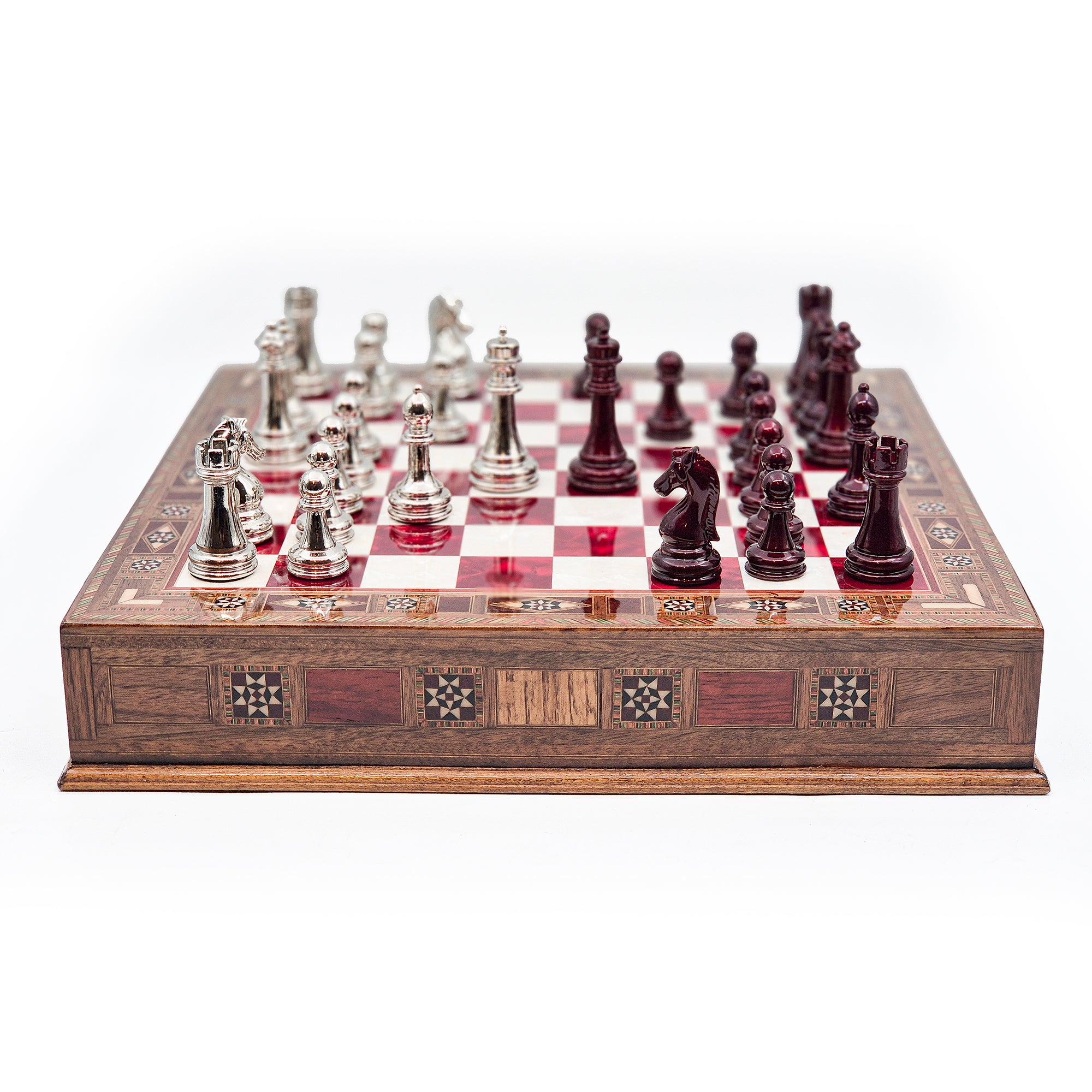
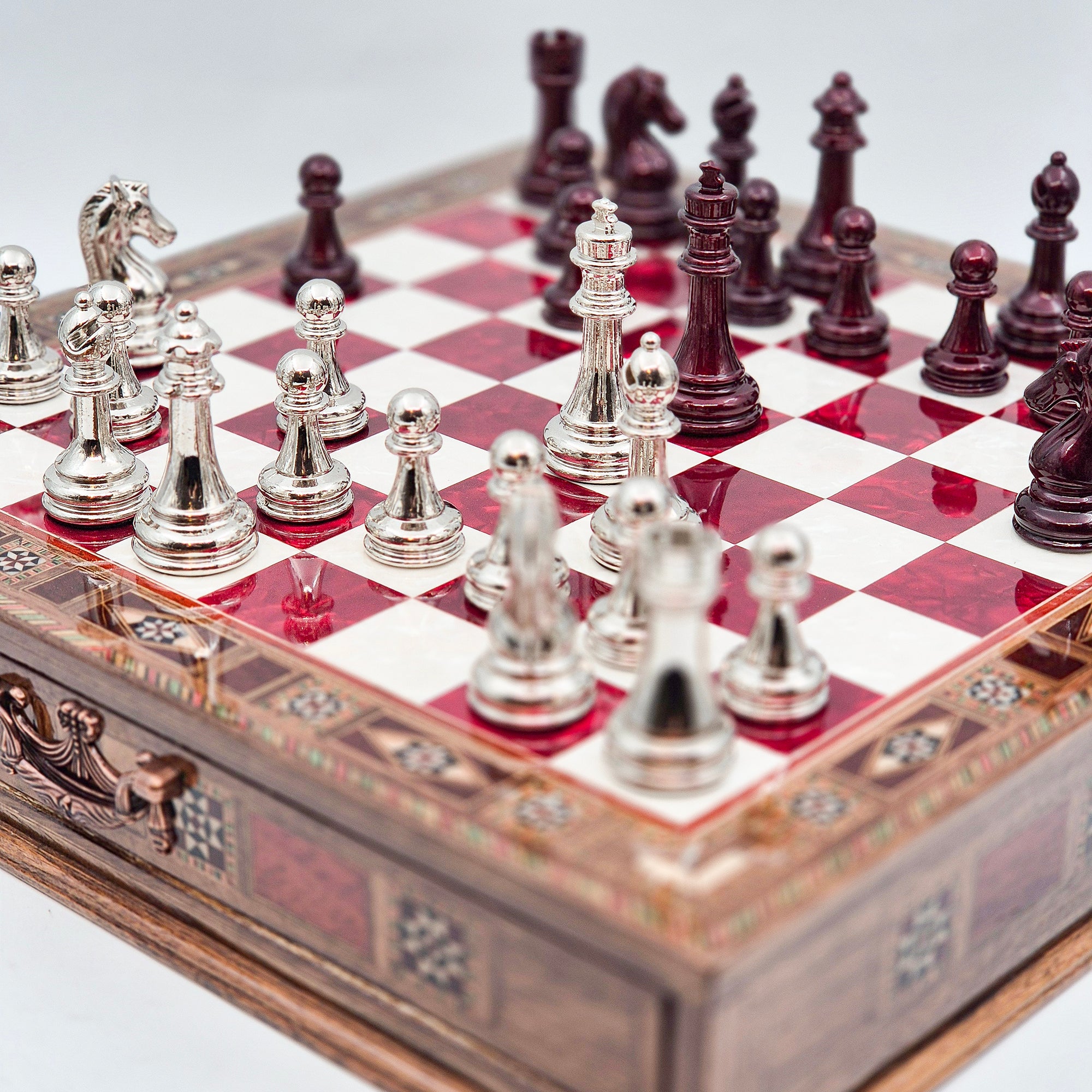
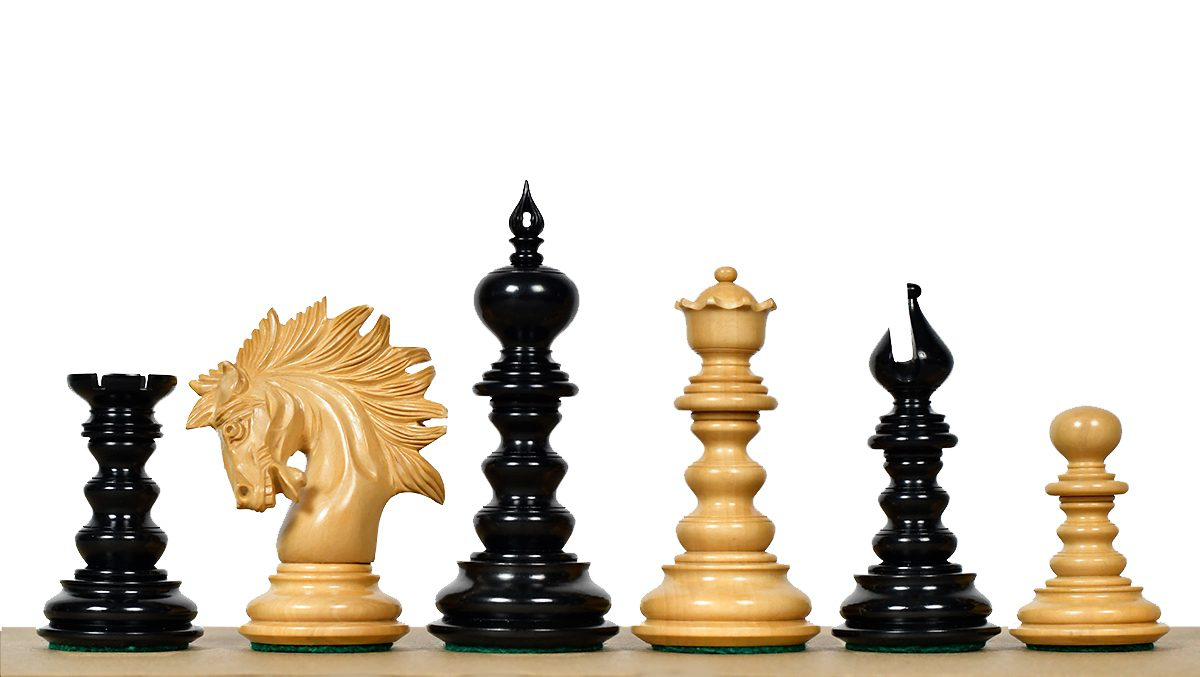
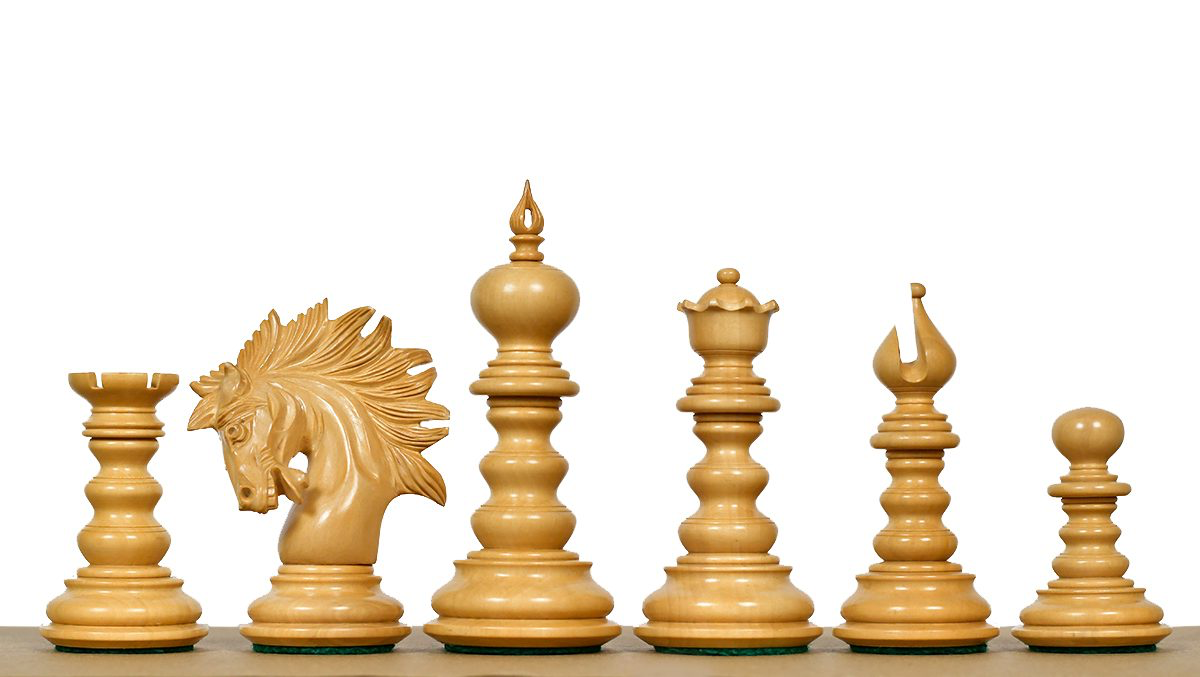
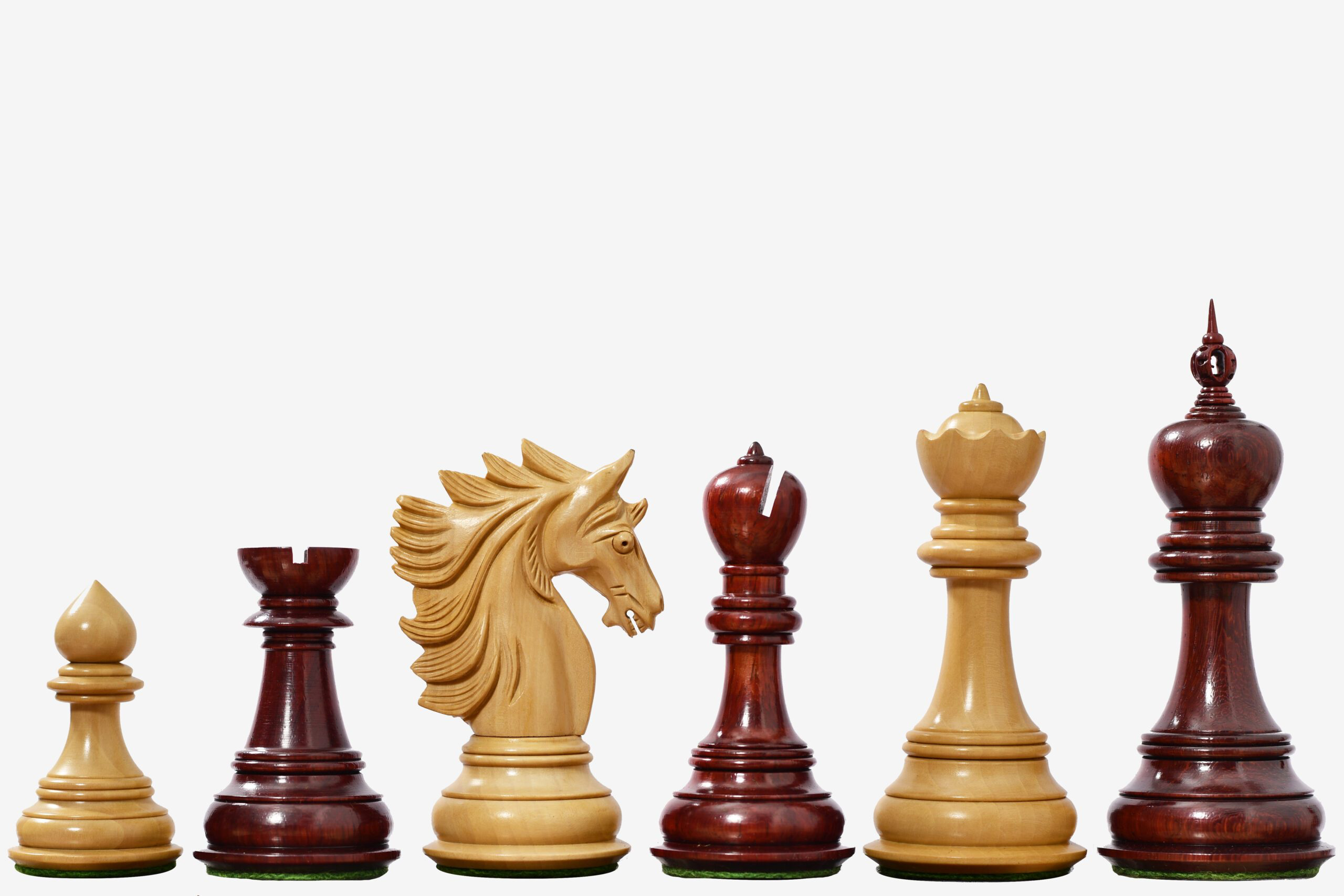
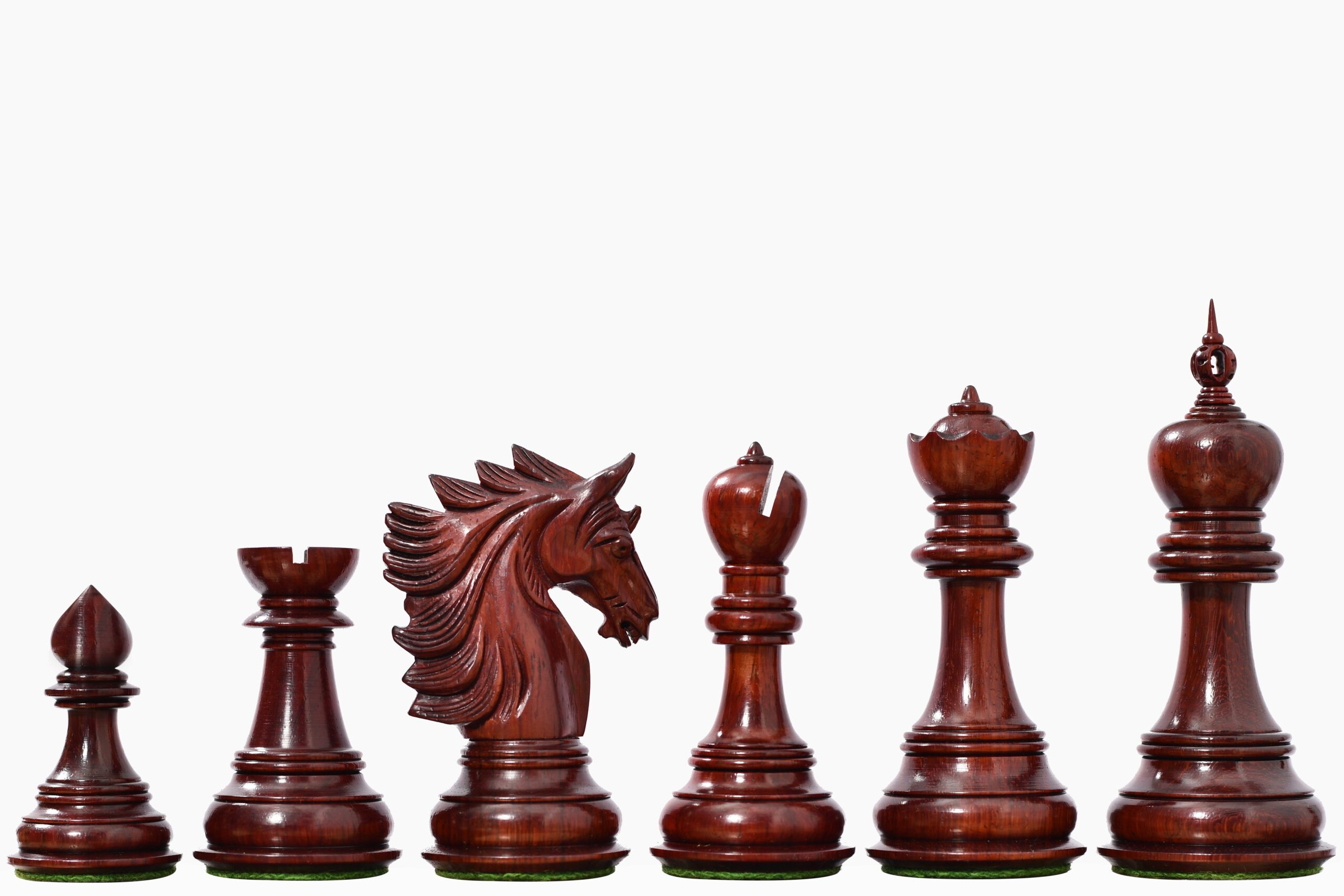
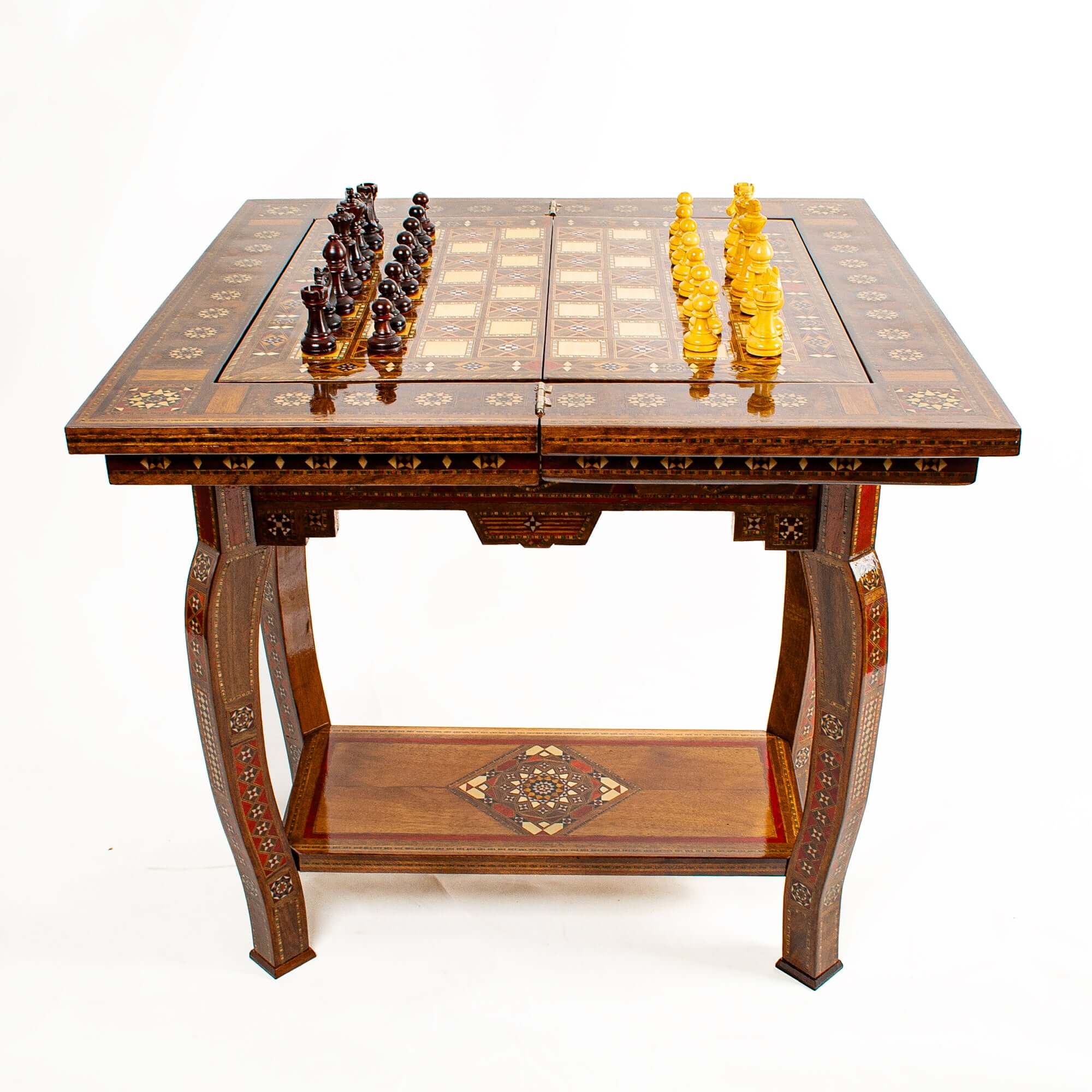

Leave a comment
All comments are moderated before being published.
This site is protected by hCaptcha and the hCaptcha Privacy Policy and Terms of Service apply.